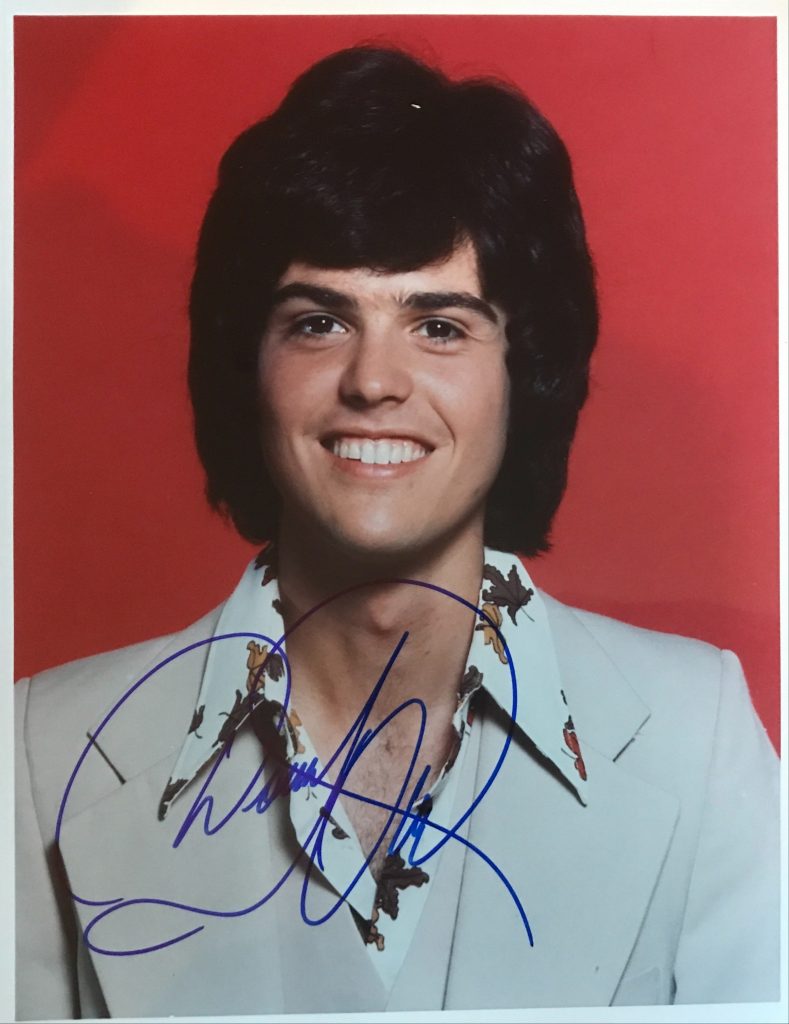
Donny Osmond is of course well known as a popular singer. He has too also appeared on stage as Danny in “Grease” and acted in movies such as “Goi’n Coconuts” in 1978. He was born in Utah in 1957.

Contemporary Actors

Donny Osmond is of course well known as a popular singer. He has too also appeared on stage as Danny in “Grease” and acted in movies such as “Goi’n Coconuts” in 1978. He was born in Utah in 1957.

Eric Stoltz was born in 1961 in California. His first film was in 1982 in “Fast Times at Ritchmont High”. In 1985 he won rave reviews for his performacne as Cher’s son in “Mask”. His other films include “Pulp Fiction”, “Little Women”, “Waterdance” and “The Last Dance” with Maureen O’Hara in 2000. His most recent film is “Caprica”.
TCM Overview:
One of cinema’s most prolific actors and a favorite of independent filmmakers, Eric Stoltz is a witty, charming, intelligent redhead whose versatility has resulted in a decidedly eclectic body of work. His good looks have won him a fair share of leading man parts, but he has also frequently rejected the wholesome image to access his dark side, playing some angry and downright scuzzy types. “I’m not a career builder,” he has admitted. “I’ve never plotted out how to become a ‘marketable persona.'” What he has become is a first-rate actor, one who makes time for stage roles and counts having to turn down a chance to act opposite Julie Harris in a Broadway production of “The Glass Menagerie” as one of his major career disappointments. (He did finally portray Tom Wingfield in a Williamstown Theater Festival version of the Tennessee Williams’ classic.) Though many of his projects do not afford him a big pay day, he works often enough in big studio releases to subsidize his passion for plays and indies and the rewards they bring.
The son of educators who were both musically inclined, Stoltz studied the piano and trumpet but decided the theater was for him while tickling the ivories for a local community theater group. “I noticed that the actors were this wild, hedonistic, bizarre troupe of gypsies that seemed to be having an uncommon amount of fun.” After making his TV-movie debut as Carol Burnett’s son in “The Grass Is Always Greener Over the Septic Tank” (CBS, 1978), he knocked around Hollywood with little success before fleeing to Scotland where he performed at the 1981 Edinburgh Festival. When he returned to the States, Stoltz made his feature debut as one of the Stoner Buds in Amy Heckerling’s smash hit “Fast Times at Ridgemont High” (1982) and also began getting larger roles in TV-movies like “A Killer in the Family” (ABC, 1983) and “Things Are Looking Up” (CBS, 1984). As for his feature career, he spun his wheels for a while in undistinguished fare before coming to prominence as Cher’s horribly disfigured son in Peter Bogdanovich’s “Mask” (1985).
Buried under four-hours worth of make-up, Stoltz ventured out into public to get a sense of the ridicule his character had endured. The experience changed him, revealing the ugliness of human nature, and enabled him to deliver the sensitive portrayal that earned him a Golden Globe nomination. Before that movie’s release, however, he began shooting “Back to the Future” (also 1985), only to be replaced by Michael J Fox after five weeks. The success of “Mask” helped ease the pain of that humiliation and stimulated interest as to exactly what lay beneath the grotesque exterior of the “beast.” Stoltz starred as a clean-cut All-American caught between Mary Stuart Masterson and Lea Thompson in “Some Kind of Wonderful” (1987), produced and written by John Hughes, then returned to the stage, first in “The Widow Claire” off-Broadway, followed by his Tony-nominated Broadway debut as George Gibbs in a revival of Thornton Wilder’s “Our Town”, a role which he would reprise for PBS’ “Great Performances” in 1989.
The independent film “The Waterdance” (1992), written and co-directed (with Michael Steinberg) by Neil Jiminez, cast him as a writer who becomes paraplegic after a hiking accident and learns to adjust in a multi-ethnic rehabilitation center (based on Jiminez’s real-life experiences). Stoltz got his best reviews since “Mask”, balancing levity with a measure of despair and denial to anchor a wonderful ensemble including Helen Hunt, Wesley Snipes, William Forsythe and Elizabeth Pena. 1994 saw him become a high-profile actor of independent films with appearances in four non-Hollywood projects: “Naked in New York”, where he literally was naked, adding to his heartthrob credentials; “Killing Z “, as a murderous junkie drawn into a Paris bank robbery by his French friend (Jean-Hugues Anglade); “Sleep With Me”, playing a thirtysomething trying to adjust to monogamy in a new marriage; and “Pulp Fiction”, as Lance, the friendly neighborhood drug-dealing slime who ultimately saves Uma Thurman’s life. While none of these films enhanced his star status, they continued to establish the “edge” of the actor once viewed as the redheaded kid next door.
Stoltz likes nothing better than working with friends on small-budget affairs that afford creative control. He began his association with Cameron Crowe, the screenwriter, on “Fast Times” and “The Wild Life” (1984), later joining director Crowe for “Say Anything” (1989, on which he also served as production assistant), “Singles” (1992, his first film with then-significant other Bridget Fonda) and the runaway (anything but indie) hit “Jerry Maguire” (1996). He has also acted in two Noah Baumbach indies (three if you count the unreleased “Highball” lensed 1997), “Kicking and Screaming” (1995) and “Mr. Jealousy” (1998), executive producing the latter. Stoltz first served as a producer for Steinberg’s “Bodies, Rest & Motion” (1993), then again (with Steinberg and Roger Hedden) on “Sleep With Me”, and all signs indicate the talented carrot-top will enter the directing ranks at some point, capitalizing on the lessons learned producing. He joined the cast of CBS’ “Chicago Hope” as a medic with a penchant for holistic healing for the 1998-99 season before turning in his scrubs for the law. In two high profile 2000 releases, the actor played lawyers: “One Kill”, a Showtime original, cast him as a military attorney hired to defend a female captain accused of murdering an officer while “The House of Mirth”, Terence Davies’ exquisite adaptation of the Edith Wharton novel, allowed him to play a confirmed bachelor who engages in a flirtation with heroine Lily Bart (Gillian Anderson).
After that Stoltz made brief appearances in films and telepics of varying quality (he was an effectively comic crime fighting Jesus Christ in the 2001 short film “Jesus and Hutch”), and took supporting roles in the James Toback thriller “Harvard Man” (2001) and “The Rules of Attraction” (2002), the biting Brett Easton Ellis exploration of college in the 1980s. He also took a small role as Uncle Charlie in the 2001 TV movie “My Horrible Year!”, a tale about a teenage girl plotting to keep her parents together, erroneously thinking they’re considering divorce which he also directed. In 2002 Stoltz began an especially effective recurring stint on the acclaimed Marshall Herskovitz-Edward Zwick life-after-divorce drama “Once and Again” (ABC, 1999-2002), playing high school English instructor August Dimitri, who develops a close–almost too close–relationship with teenage Grace Manning (Julia Whelan).
Stoltz drew good reviews opposite Anthony LaPaglia in the 2003 telepic “Happy Hour” as part of a triangle of friends, but even his well-received acting could not overcome the critical drubbing for the 2003 Showtime mini-series “Out of Order,” in which Stoltz and Felicity Huffman played a troubled married pair of Hollywood screenwriters dealing with temptation and their deteriorating relationship. The actor next appeared on the big screen in the sci-fi thriller “The Butterfly Effect” (2004), playing the predatory pedophile father who torments the young versions of Ashton Kutcher and Amy Smart, causing Kutcher to attempt to “fix” the timeline with disastrous results. Stoltz then appeared in the rehash of the famed 1950’s sitcom, “The Honeymooners” (2005), playing a character not in the original series. Though promising a fresh take on an oldie-but-goodie, the movie was blasted by critics who complained about a lack of chemistry between characters, a subservient bow to political correctness-particularly with Kramden’s famous threat to send Alice to the moon-and a dearth of laughs despite overwhelming comedic talent.
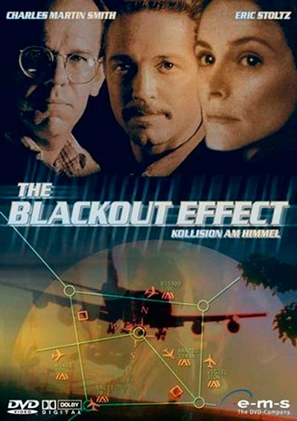


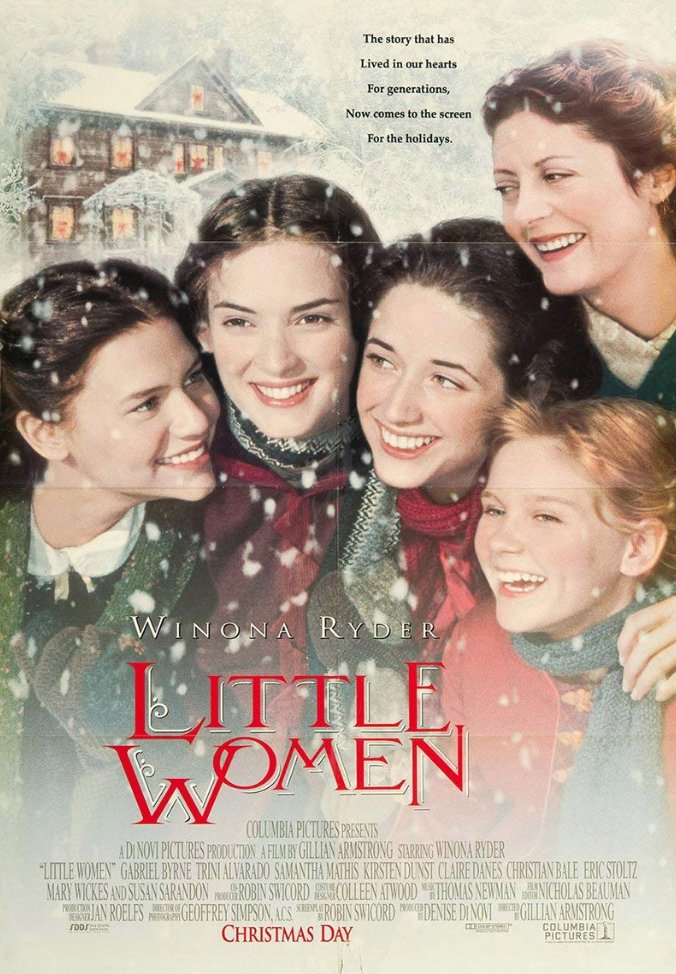
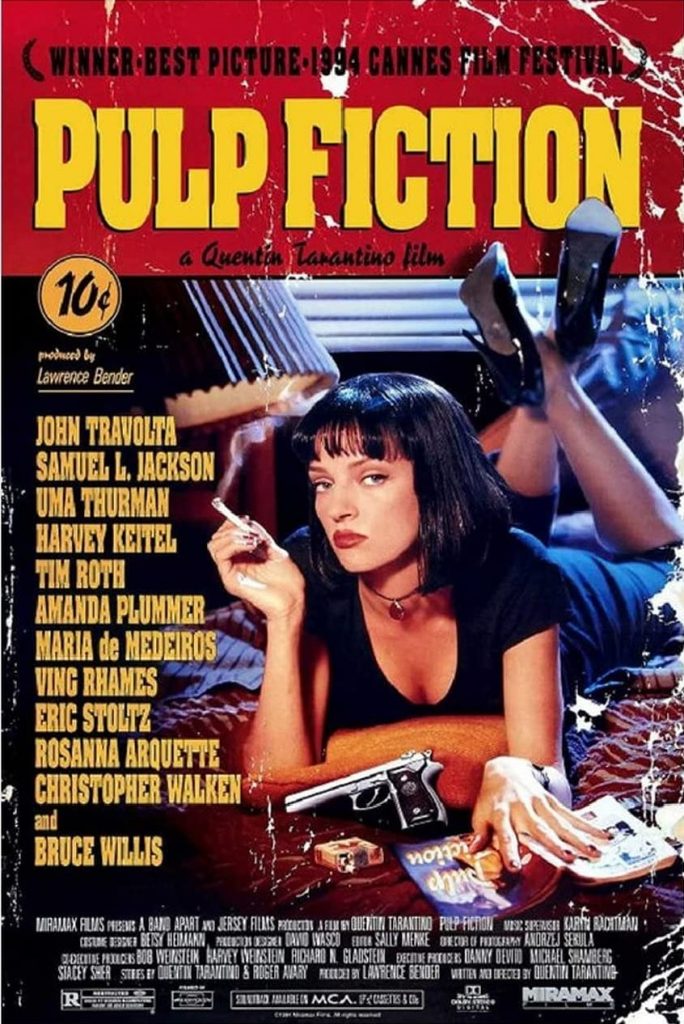
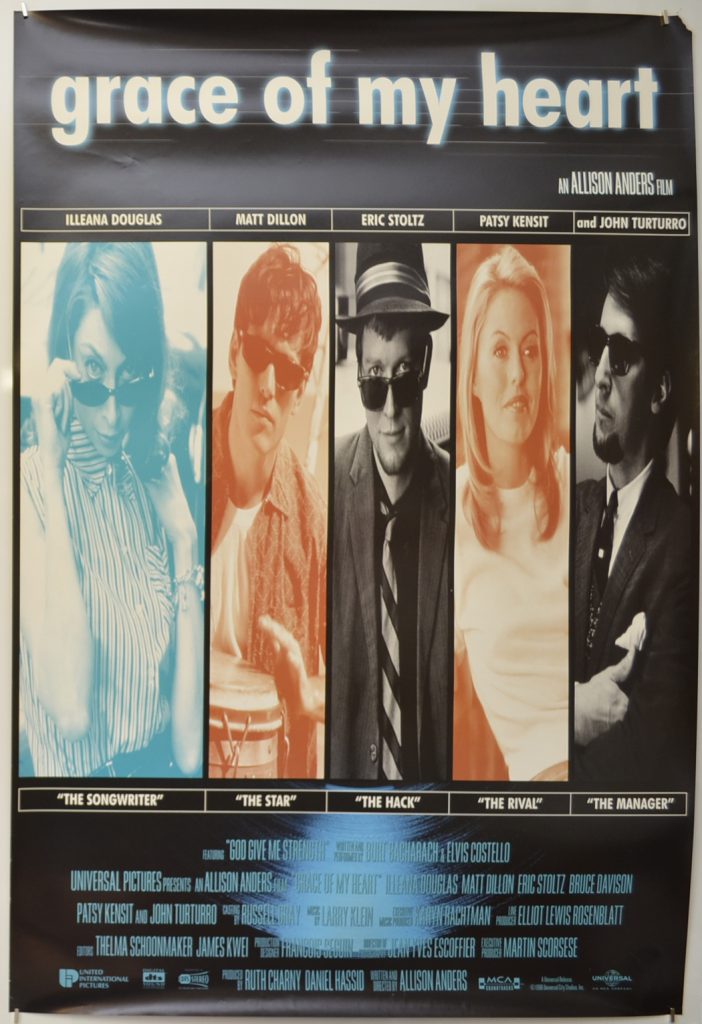
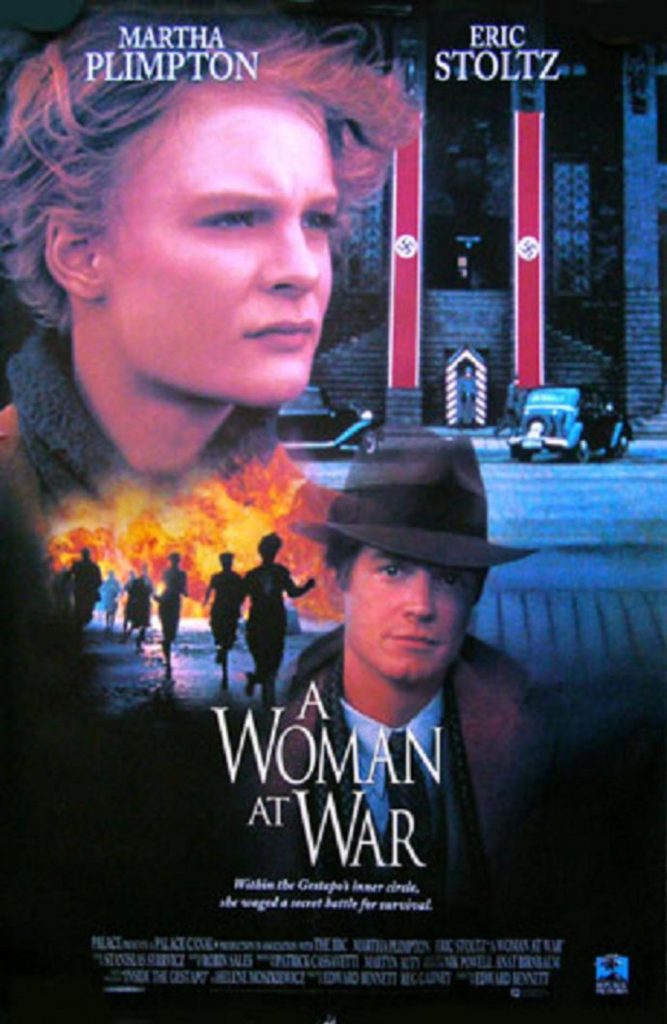
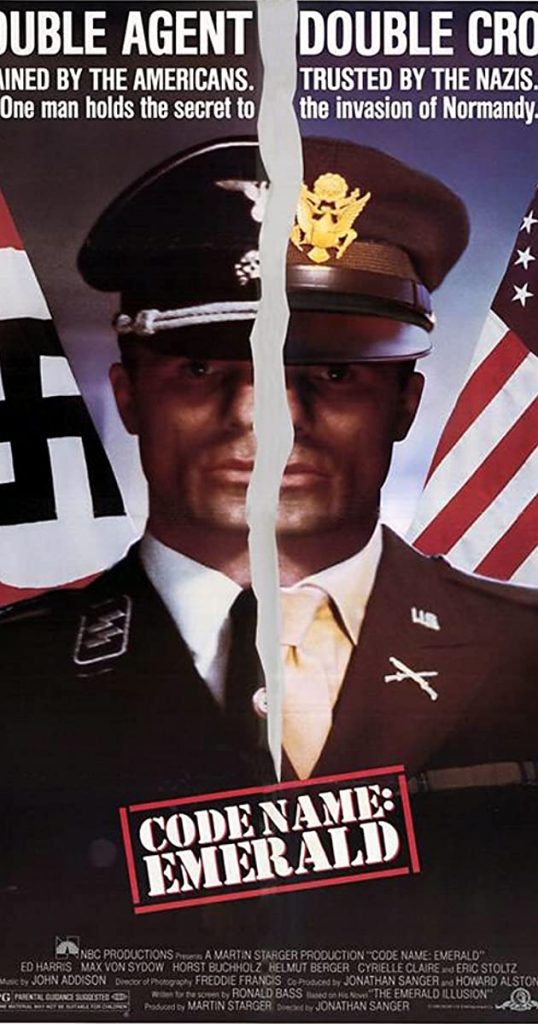



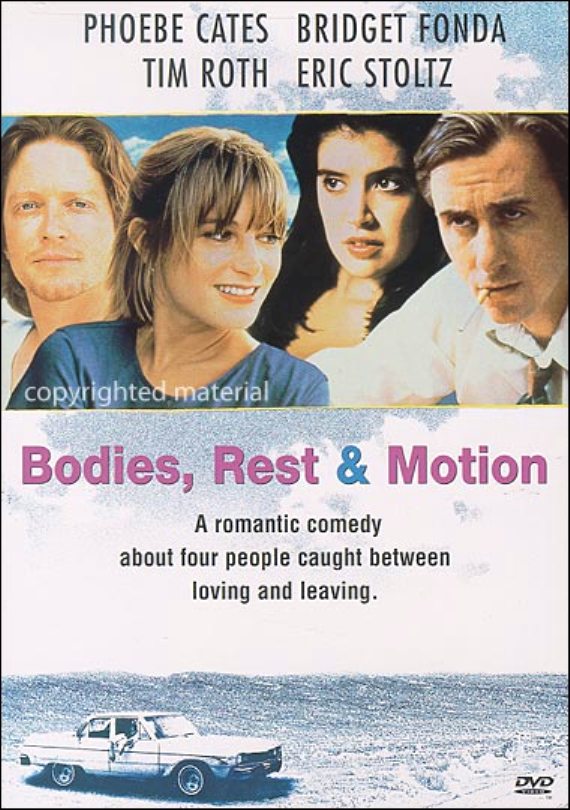

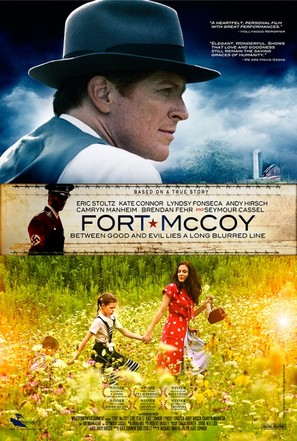

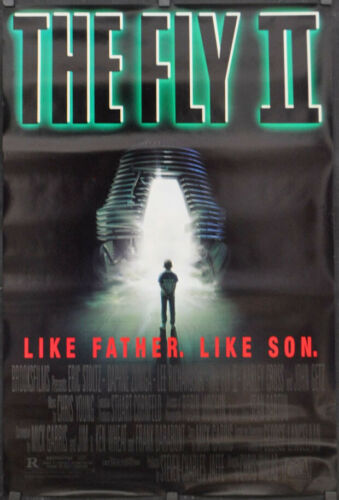

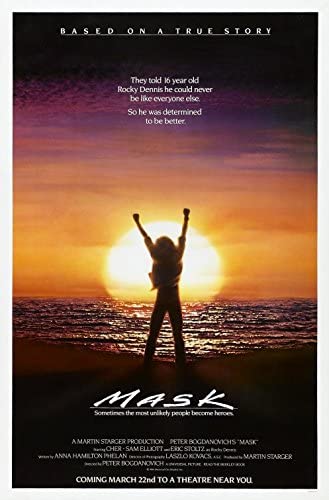
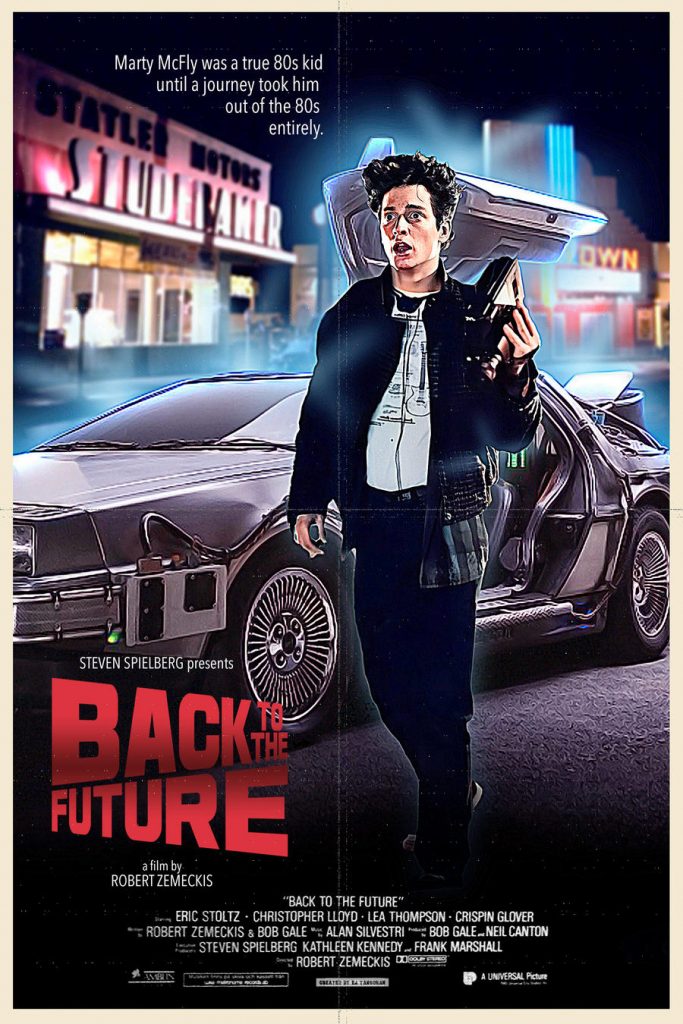
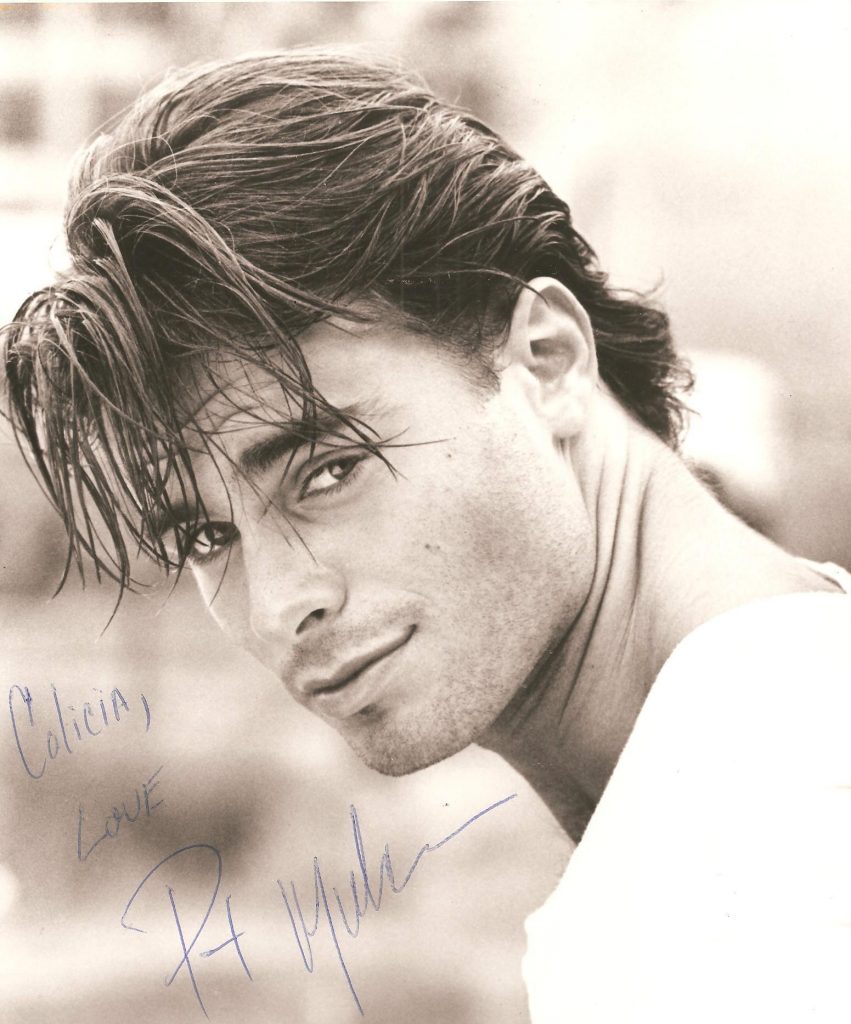
Patrick Muldoon was born in 1968 in San Pedro, California. His television debut came in 1990 in “Who’s the Boss”. “Rage and Honour 2 ” in 1993 was his first film. He is perhaps best known for his starring role in “Starship Trooper” in 1997. His most recent film is “The 7 Adventures of Sinbad”.
TCM Overview:
This handsome, dark-haired model-turned-actor rose to fame with his three-year (1992-95) stint as the soap opera hunk Austin Reed on NBC’s “Days of Our Lives”. Patrick Muldoon’s good looks and acting ability brought him a variety of offers from producers, but it was Aaron Spelling who won out and landed the actor for the recurring role of businessman-turned-rapist Richard Hart on the Fox nighttime soap “Melrose Place” (for the 1995-96 season). He segued to the big screen battling alien bugs as one of the “Starship Troopers” (1997) and continued in the sci-fi vein starring in the sequel “The Second Arrival” (HBO, 1998).
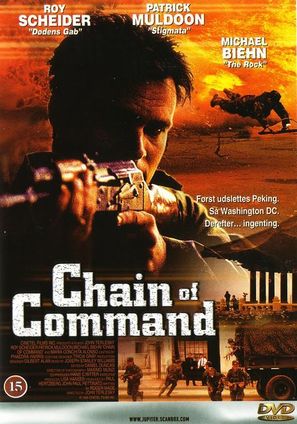
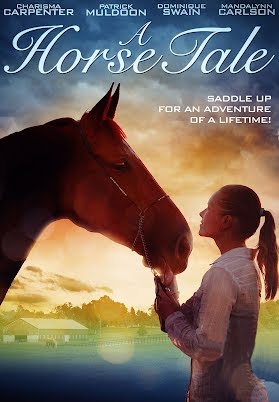
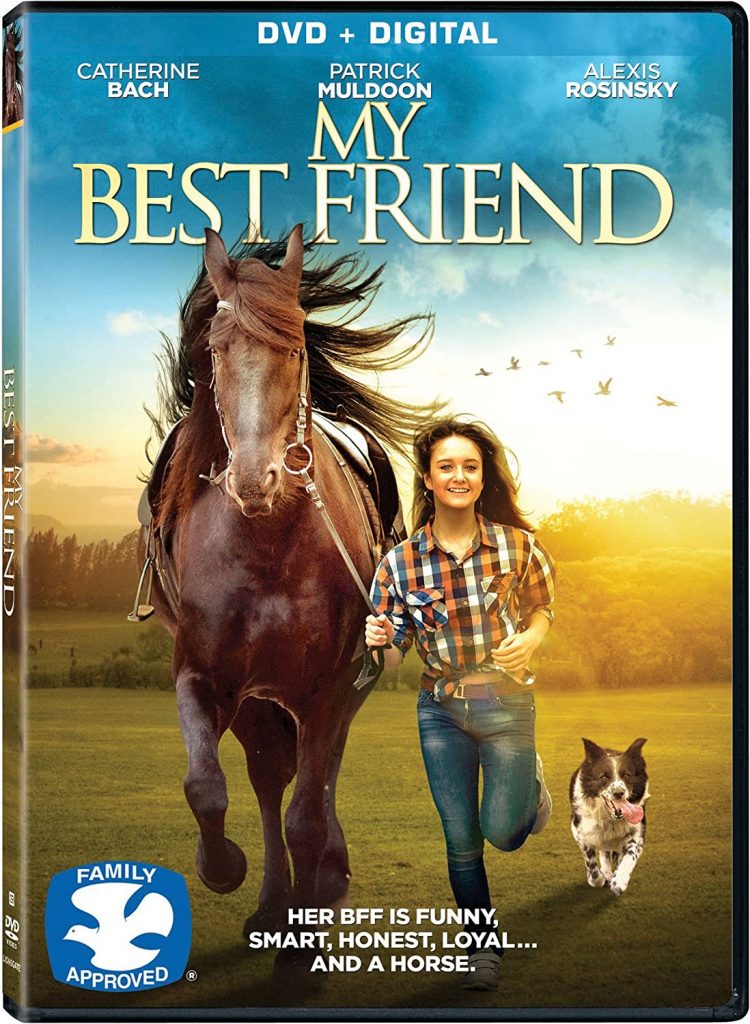
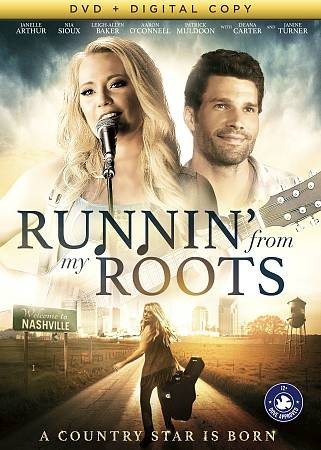
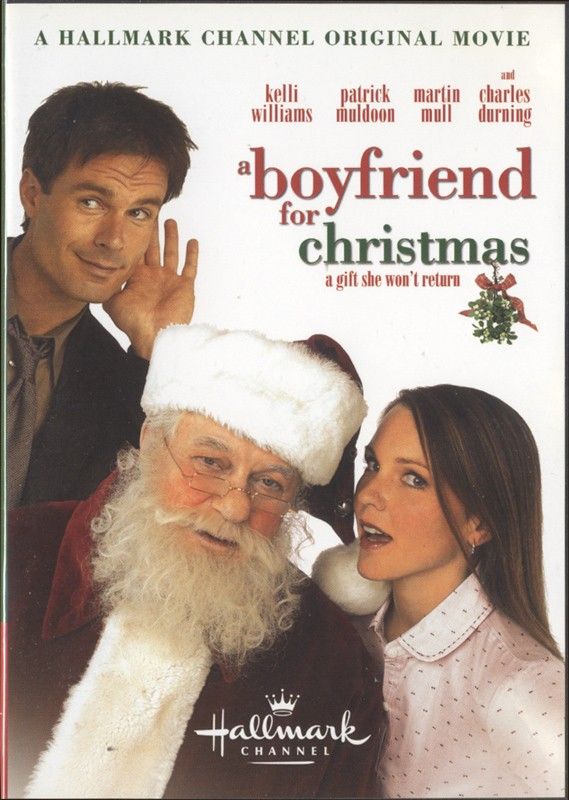
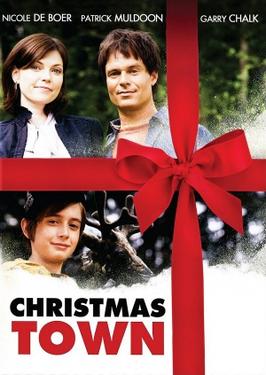

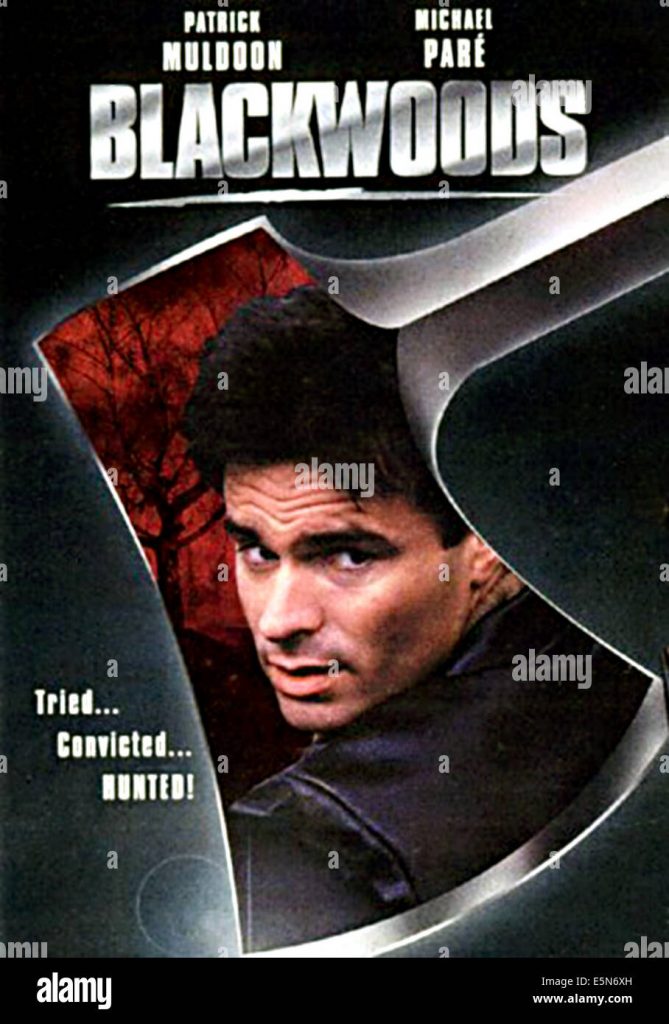
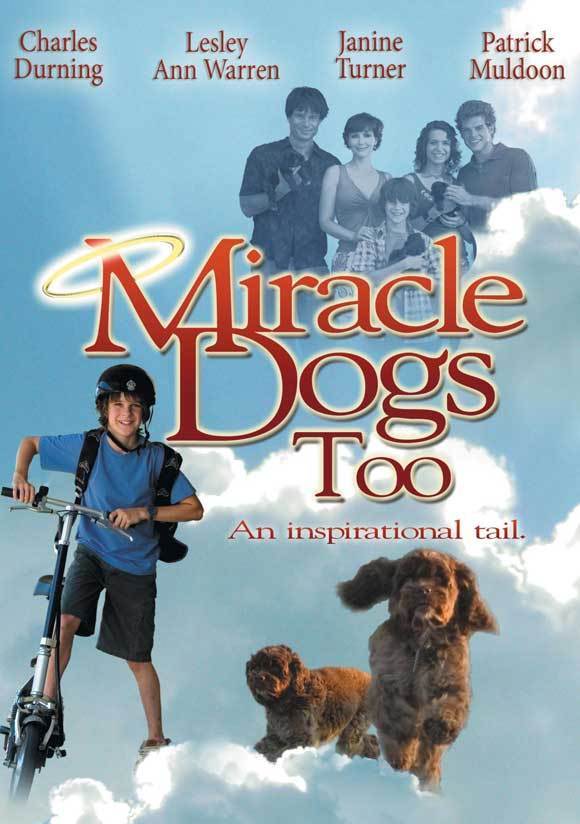
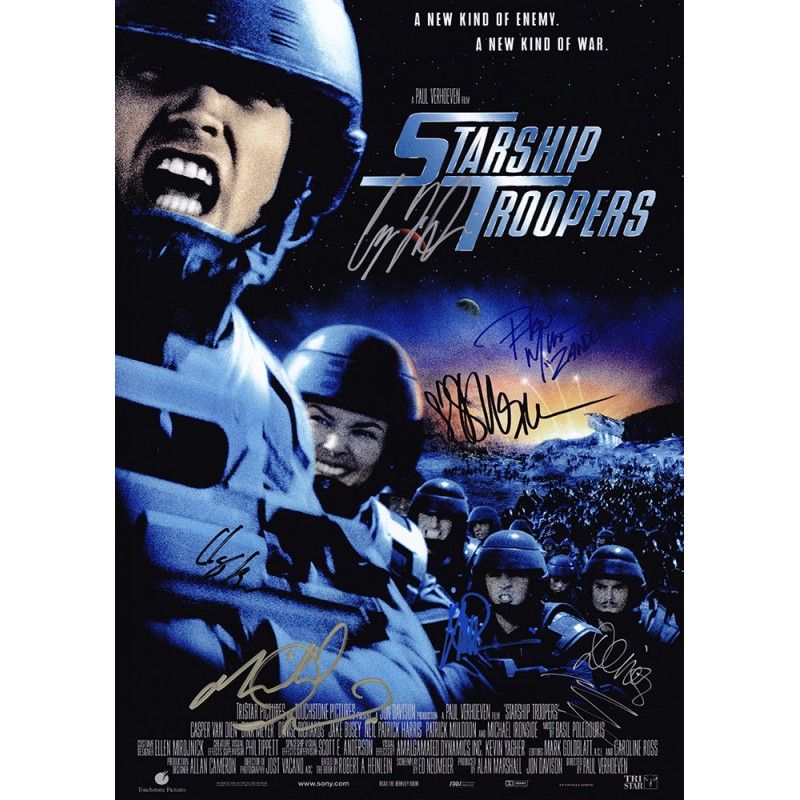
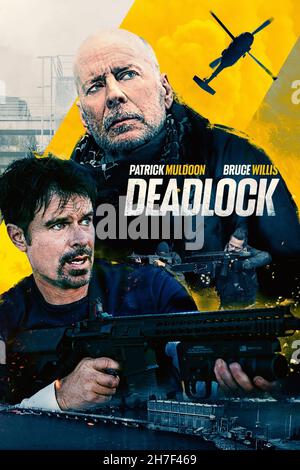
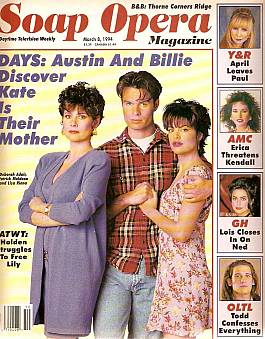
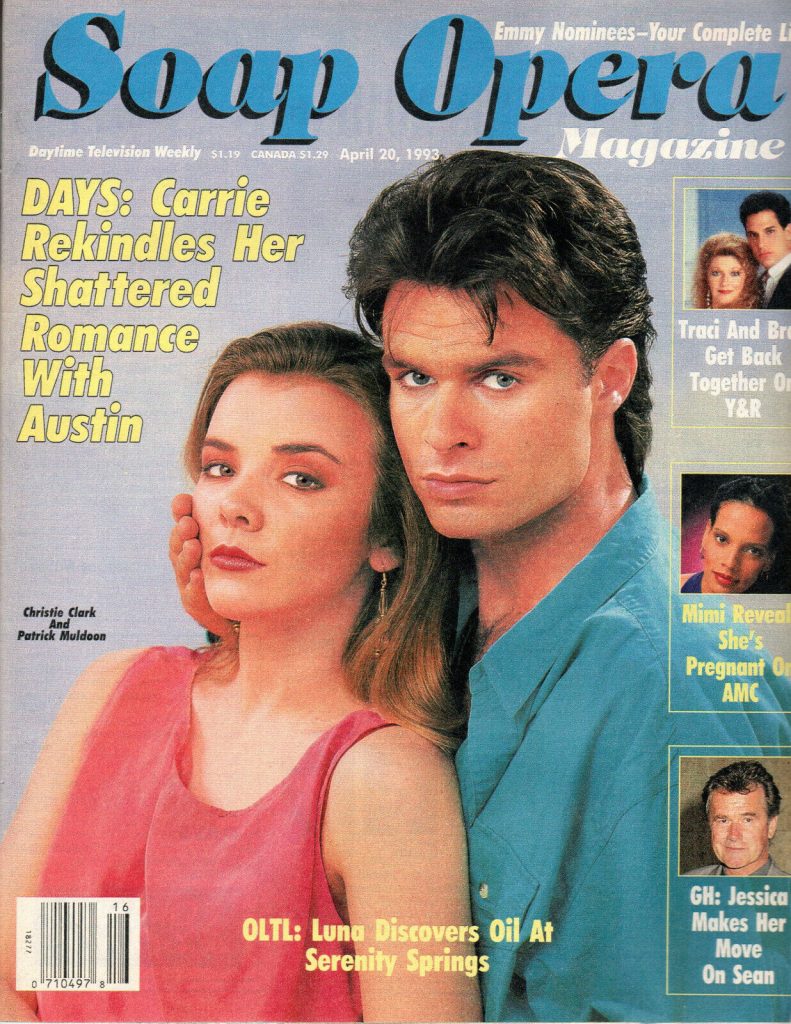
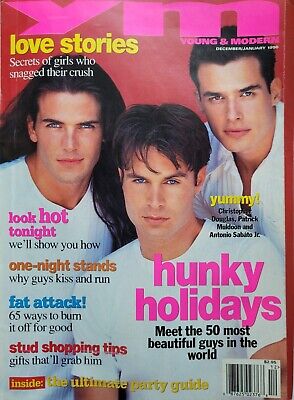


Eric Roberts was born in Biloxi, Mississippi in 1956. He first came to international attention with his performance in “King of the Gypsies” in 1978. He gave a tremendous performance in “Star 80” in 1983. His other performances of note include “The Pope of Greenwich Village”, “Nobody’s Fool” and “The Specialist”. He is the older brother of actress Julia Roberts.
Gary Brumburgh’s entry:
One of Hollywood’s edgier, more intriguing characters running around and about for decades, Eric Anthony Roberts started life in Biloxi, Mississippi, but grew up in Atlanta, Georgia. He began his acting career at age 5 in a local theater company called the “Actors and Writers Workshop”, founded by his late father, Walter Roberts. After his schooling at Grady High, he studied drama at age 17 in London for two years at the Royal Academy of Dramatic Arts, then returned to the States and continued his studies at the American Academy in New York. He made his NY stage debut in “Rebel Women” in 1976 at age 20 and appeared in regional productions, once playing the newspaper boy in a production of “A Streetcar Named Desire” starring Shirley Knight and Glenn Close.




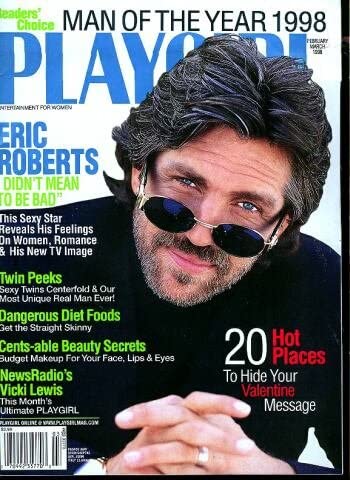
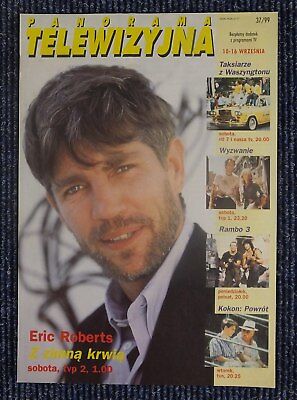


After appearing in such daytime soaps as Another World (1964) and How to Survive a Marriage (1974), his career began to shift fast forward when he copped a leading role in a major film. In King of the Gypsies (1978), based on Peter Maas‘ best-seller about a fracturing dynasty of New York City gypsies, he made his debut alongside an intimidating roster of stars including Judd Hirsch, Susan Sarandon, Shelley Winters and Sterling Hayden. Young Eric held his own expertly (winning a Golden Globe nom) while his burning intensity and brooding charm marked sure signs of star potential. After this, he won the lead opposite Milo O’Shea in the 1980 stage production of “Mass Appeal”. He suffered serious injuries in a car accident during his nascent film career but lost no fans by the time he returned to co-star with Sissy Spacek as a small-town stranger in Raggedy Man(1981). It was, however, his stark and frightening portrayal of two-bit hustler Paul Snider, the cast-off boyfriend who slays Playmate-turned-movie starlet Dorothy Stratten(played by Mariel Hemingway) in Star 80 (1983) that really put him on the movie map and earned him a second Golden Globe nomination. A wide range of fascinating, whacked-out roles were immediately offered to him on a silver plate. He played another dangerous streetwise hustler type in The Pope of Greenwich Village (1984) opposite fellow rebel Mickey Rourke; a cocky soda pop sales exec in the Australian comedy The Coca-Cola Kid (1985); appeared with more charm and restraint opposite Rosanna Arquette in the offbeat romantic comedy Nobody’s Fool (1986) and topped his prolific period off with an Academy Award nomination as a young prison escapee hiding out withJon Voight aboard an out-of-control train in the ultra-violent, character-driven action adventure Runaway Train (1985). Good things continued to happen when he was a replacement lead in the original run of “Burn This” and won a Theatre World Award for his 1988 Broadway debut.
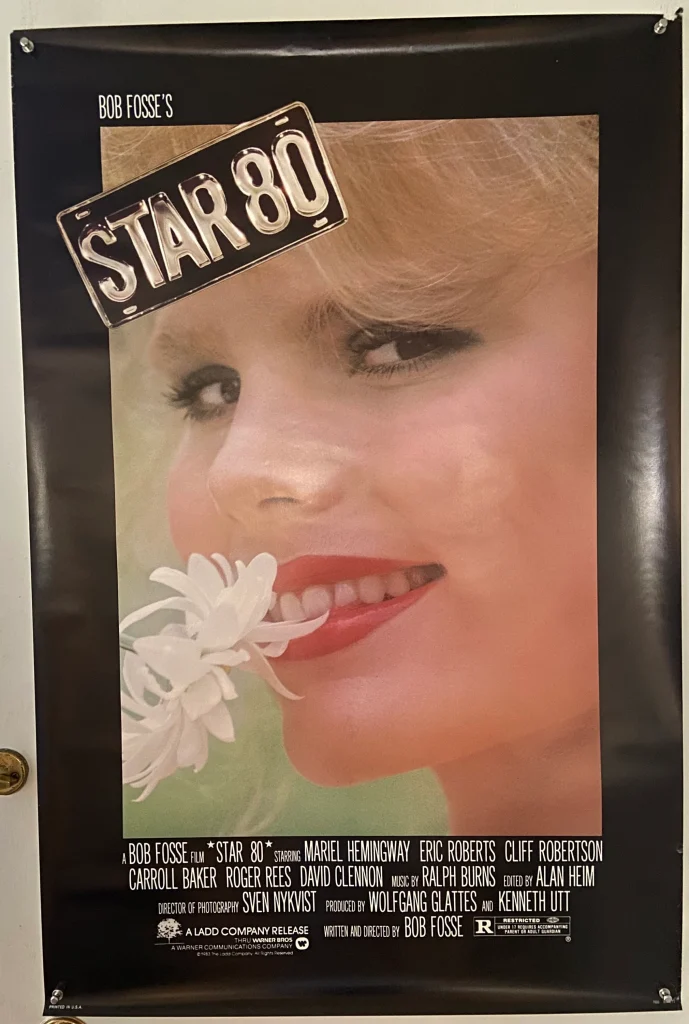
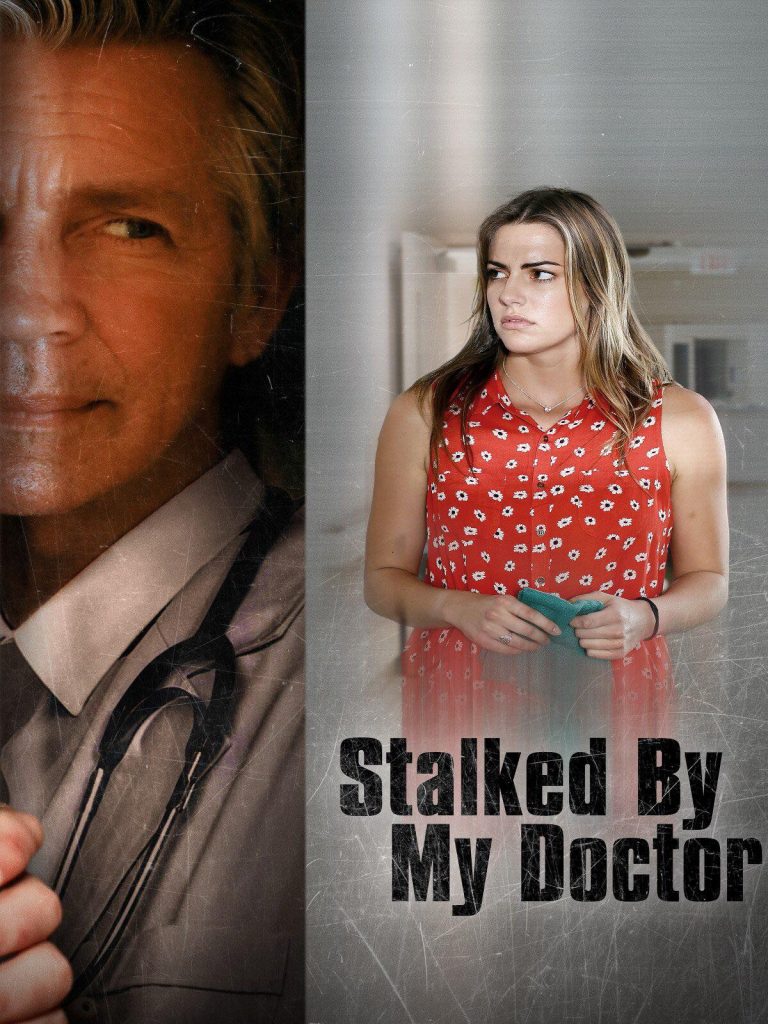





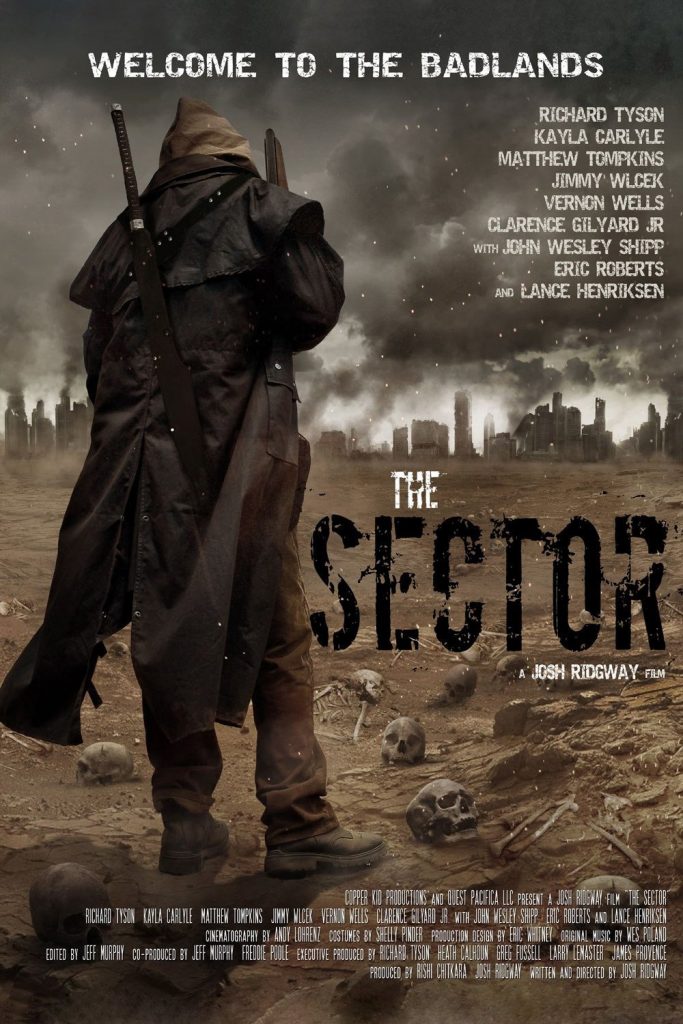






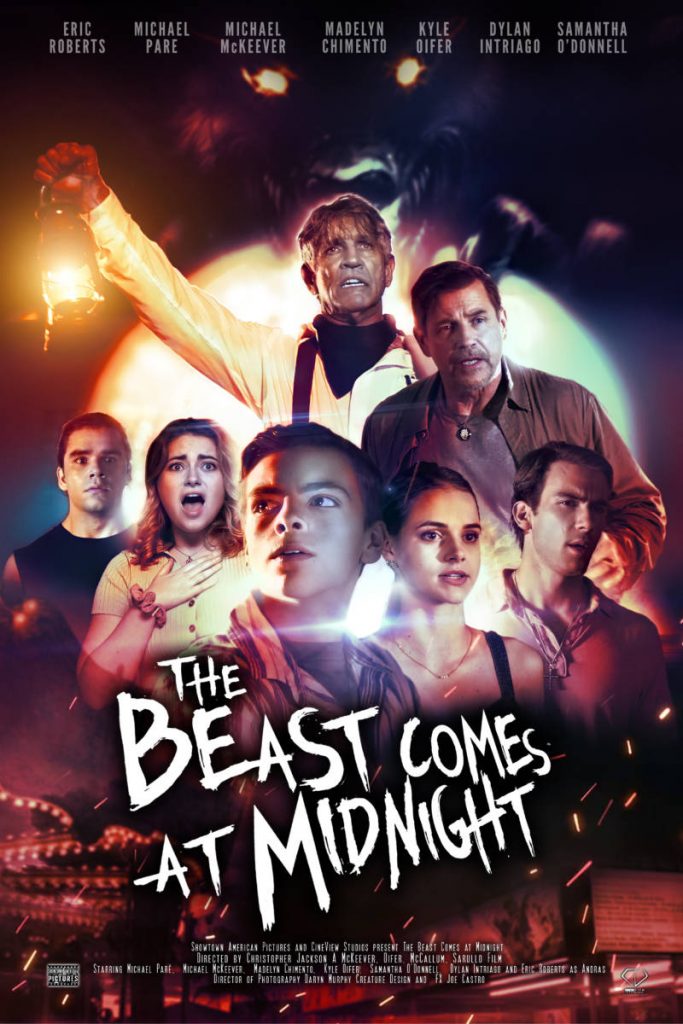


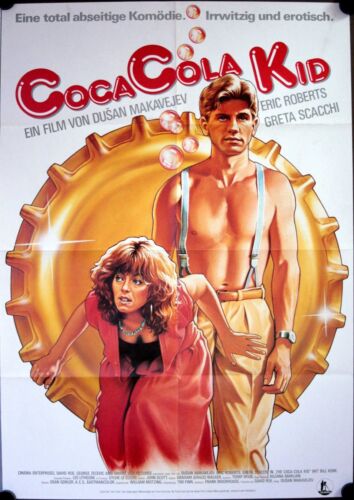
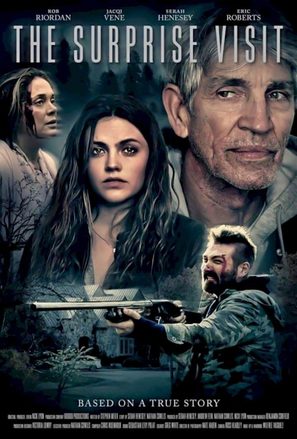




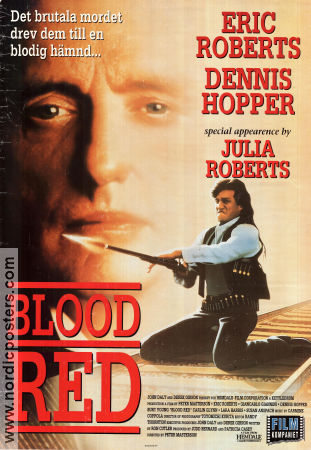


His film career began to slide in the late 1980s, appearing in more quantity than quality pictures. A series of missteps led to unheralded appearances in such bombs as the karate-themed Best of the Best (1989); the NY urban thriller The Ambulance (1990); the action western Blood Red (1989), which took three years to release and is now solely remembered for being one of the two movies that Eric and superstar sister Julia Robertsappeared in together (the other being King of the Gypsies); and Rude Awakening (1989) when he filled in as a burned-out hippie opposite a Chong-less Cheech Marin. More underappreciated “B” filming came with the 1990s (Freefall (1994), Sensation (1994), The Nature of the Beast (1995), etc.), while also chewing the scenery with a number of mobster types in TV-movies, including one as “Al Capone”. He soon began appearing as flashy secondary villains and creepies that showcased other stars instead, such as Final Analysis (1992) starring Richard Gere, Heaven’s Prisoners (1996) toplining Alec Baldwin, and The Dark Knight (2008), part of the “Batman” series with Christian Bale and the lateHeath Ledger.
Eric’s undeniable, unconventional talent would occasionally mesh with the perfect role. At the Sundance Film Festival in 1996, he received critical applause for his starring role as a man dying of AIDS in the uplifting and emotional film It’s My Party (1996) and earned more honors as a writer marked for murder in the mob-themed story La Cucaracha(1998). He was also perfectly cast as one of the cold-blooded killers in the Emmy-nominated TV adaptation of Truman Capote‘s chiller In Cold Blood (1996). Eric continued to appear sporadically on TV in such dramatic series as Law & Order: Criminal Intent(2001), while sometimes showing a fun side as well in comedy (The King of Queens(1998)). His own series work included Less Than Perfect (2002) and, more recently, and in the cult program Heroes (2006) where promise for a longer participation ended with his character’s death.
Eric wed, for the first time, actress/writer Eliza Roberts (nee Garrett). They have appeared in such films as Killer Weekend (2004) and Final Approach (2005). His daughter from a former relationship,Emma Roberts, is a newly popular and fast-rising “tween” actress from the seriesUnfabulous (2004) and has played youthful supersleuth Nancy Drew (2007) on film.
– IMDb Mini Biography By: Gary Brumburgh / gr-home@pacbell.net
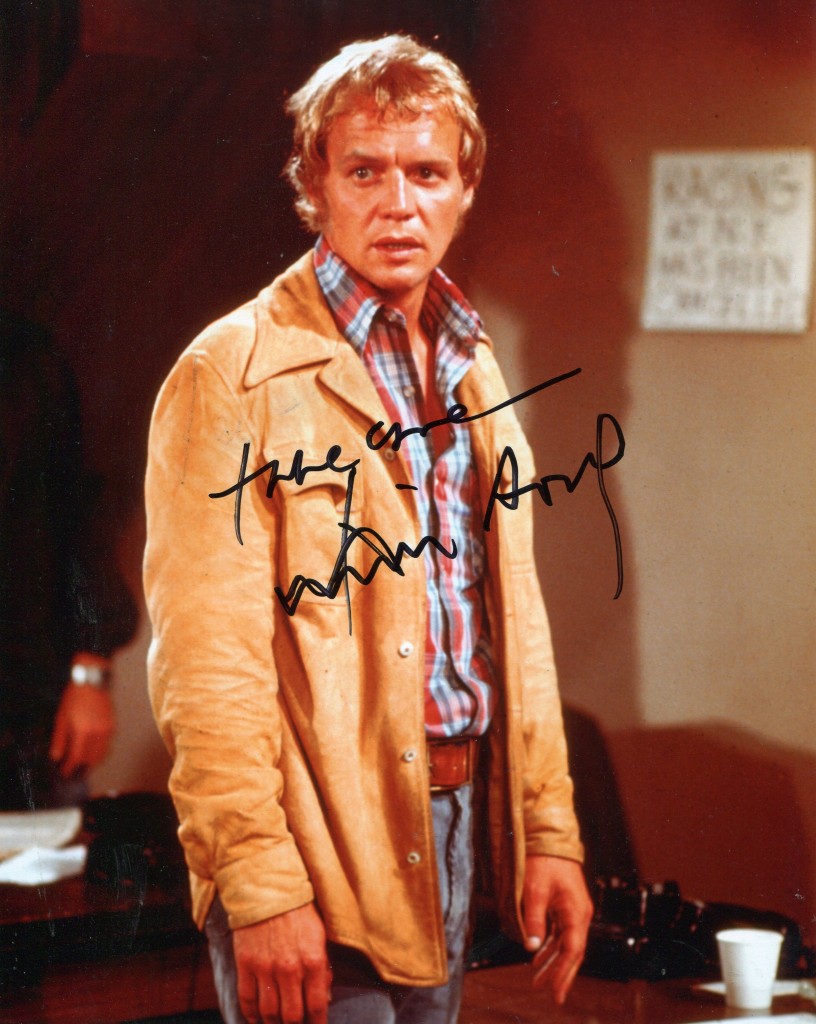
David Soul was born in 1943 in Chicago. His first major film role was in the Clint Eastwood crime drama “The Enforcer” in 1973. He gained huge fame with the success of “Starsky and Hutch” which ran on television from 1975 until 1979. His film roles included “Appointment With Death” in 1989 and “Farewell” with Willem Defoe and Fred Ward in 2010. David Soul is also an acccomplished singer and had some Top Ten Hits including “Silver Lady”.
His IMDB entry:
David Soul achieved pop icon status as handsome, blond-haired, blue-eyed Detective Kenneth Hutchinson on the cult “buddy cop” TV series Starsky and Hutch (1975), Soul also had a very successful singing career recording several albums, with worldwide number one hit singles including “Silver Lady” & “Don’t Give Up on Us Baby”.
Born in Chicago, Illinois, David Soul is the son of a minister who was at one time serving as the religious affairs advisor to the U.S. High Commission in Berlin. At 24 years of age, young Soul joined a North Dakota musical revue, was noticed by a keen-eyed talent scout, and signed to a studio contract. He went on to study acting with the Irene Daly School of The Actors Company, and with the Columbia Workshop in Hollywood. He first appeared on TV in small roles in shows including I Dream of Jeannie (1965), Flipper(1964) and All in the Family (1971). Regular TV work kept coming in for Soul including making masked appearances on The Merv Griffin Show (1962), as the popular singer known only as “The Covered Man.”
In 1973, Soul was fortunate enough to be cast as one of the corrupt motorcycle cops in the Clint Eastwood thriller Magnum Force (1973), where his talents came to the attention of several TV execs who were looking for someone to play one of the lead roles in the upcoming Starsky and Hutch (1975) TV series. After four seasons, the show came to an end, yet Soul’s talents were still in demand. He quickly went on to appear as the meek writer turned terrified vampire hunter Ben Mears in the chilling television mini-seriesSalem’s Lot (1979), and then as Jake in the interesting television movie Homeward Bound (1980).
Several undemanding movies and TV series appearances followed for Soul. However in 1988 he scored rave reviews for his portrayal of real life, cold-blooded cop killer Michael Lee Platt in In the Line of Duty: The F.B.I. Murders (1988). It was considered highly controversial for its intense level of violence in a made for TV production.
David Soul remained very busy throughout the 1990’s and beyond, in both film and on stage productions. He has toured internationally in several theater productions, including playing the narrator in the critically-acclaimed
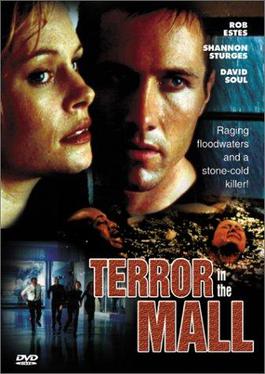



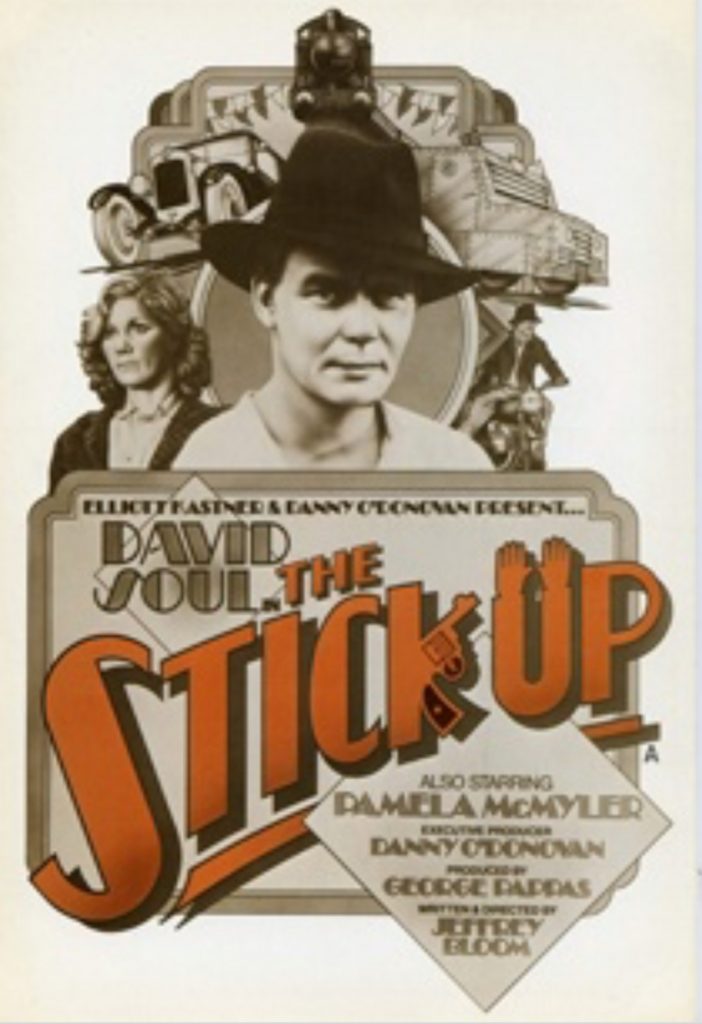

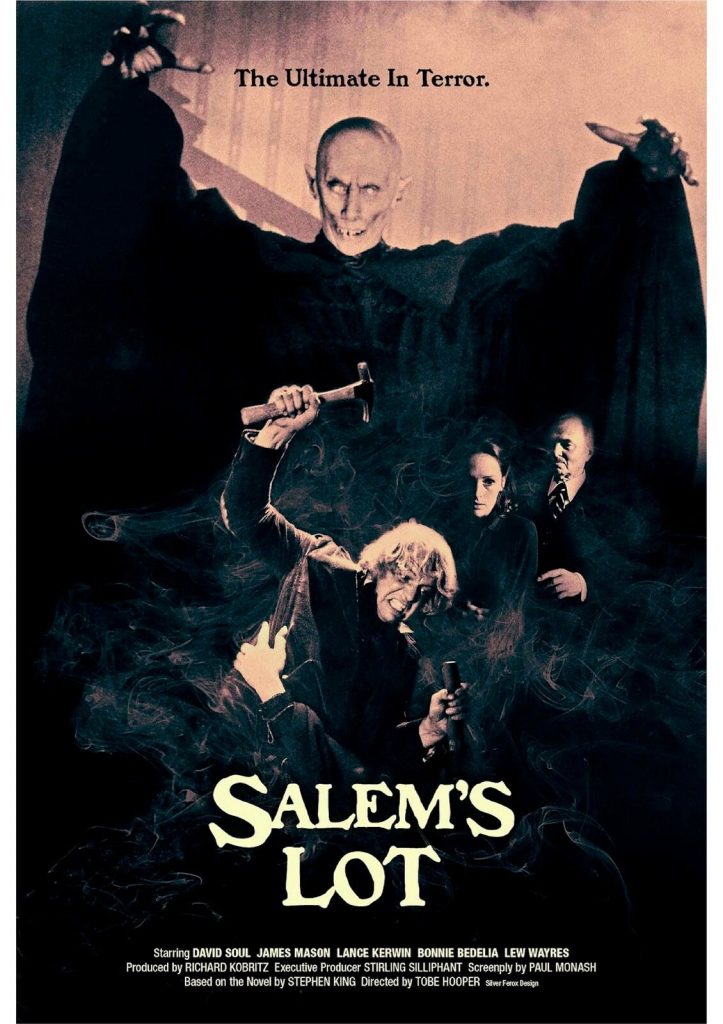
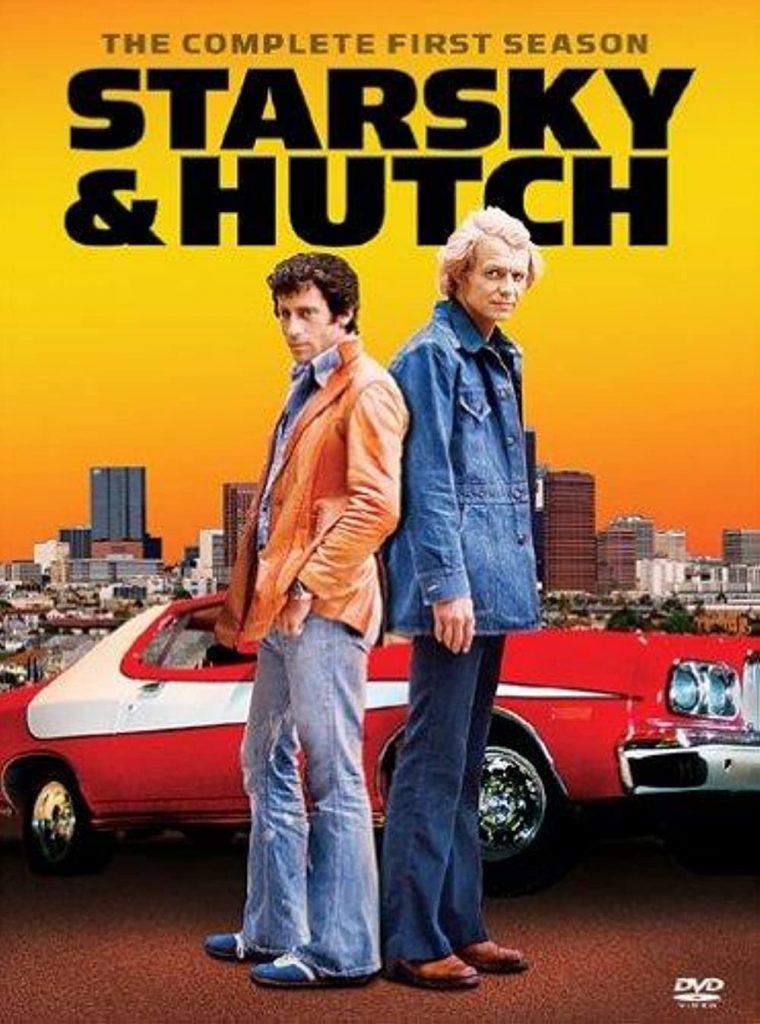
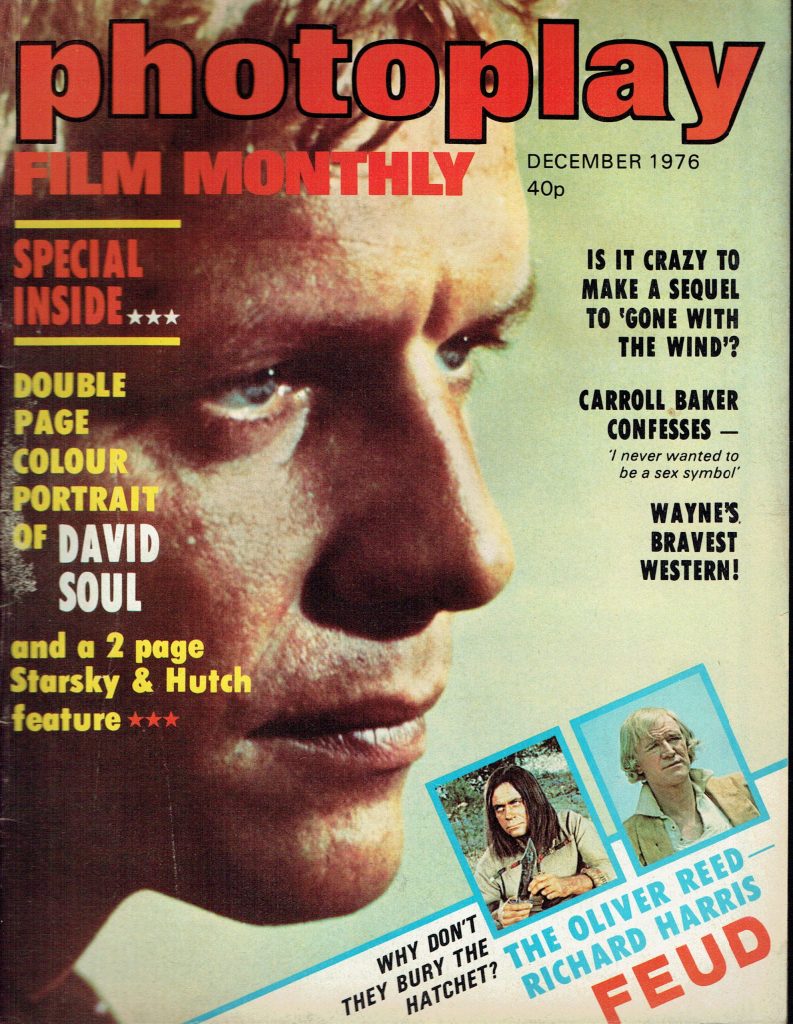
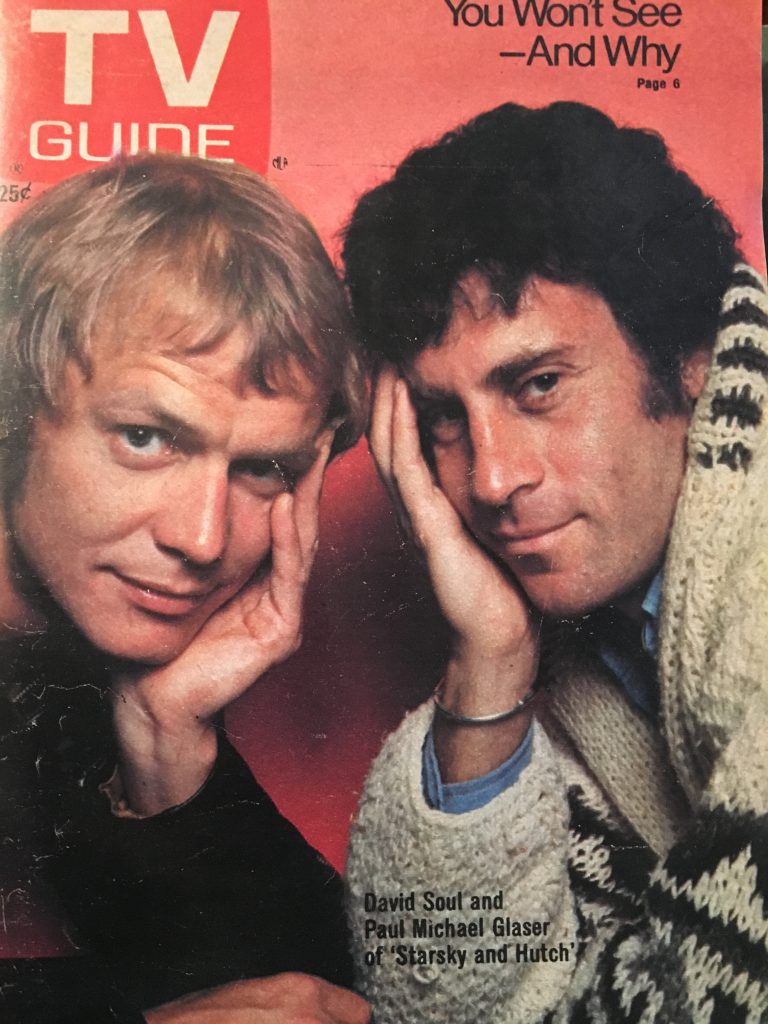
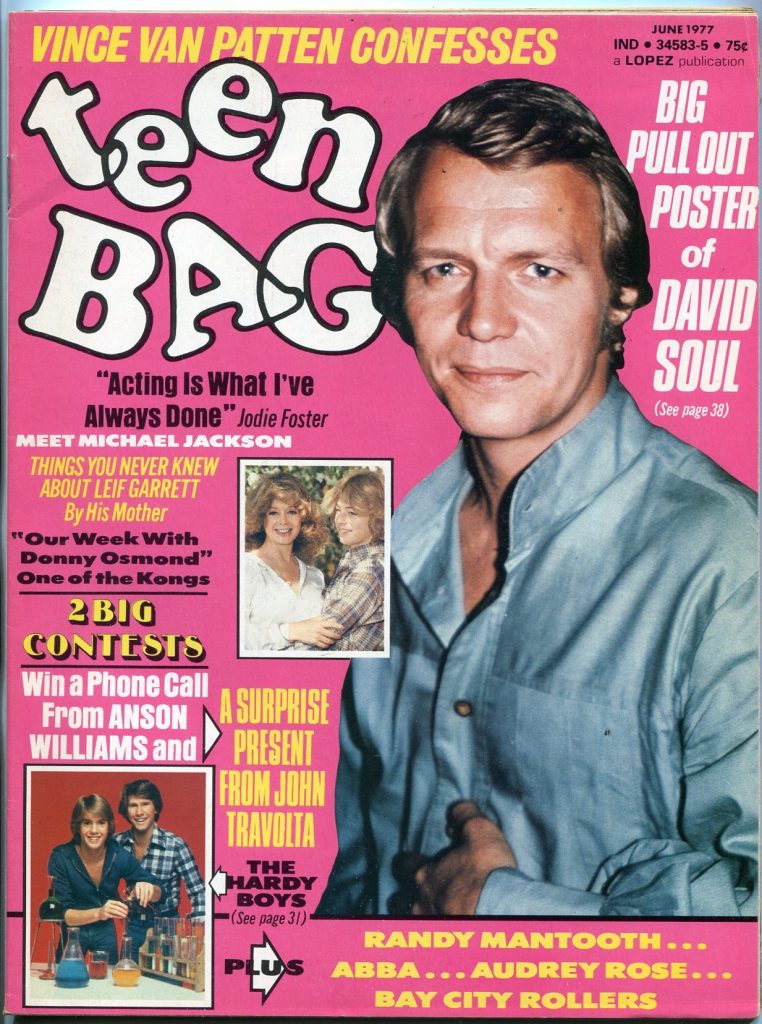
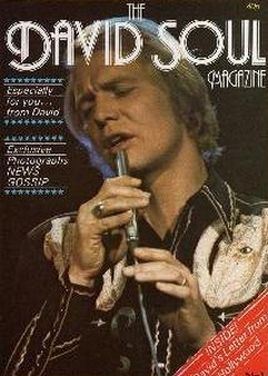
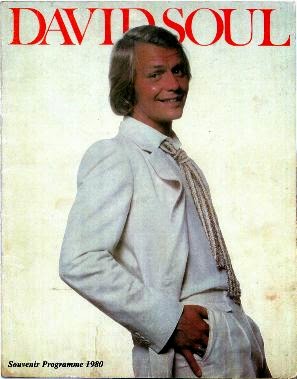


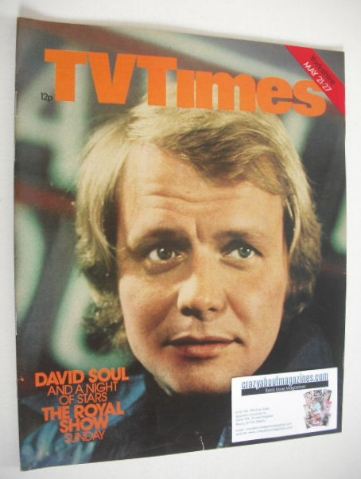

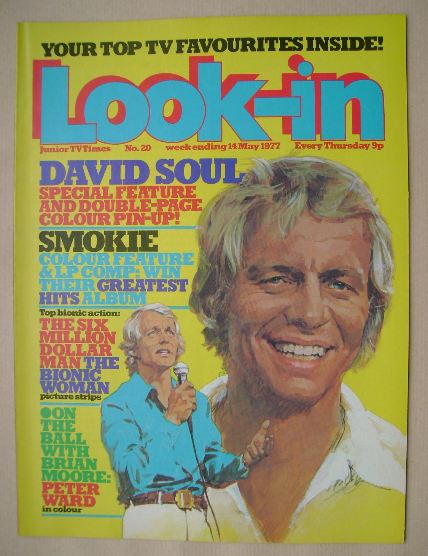
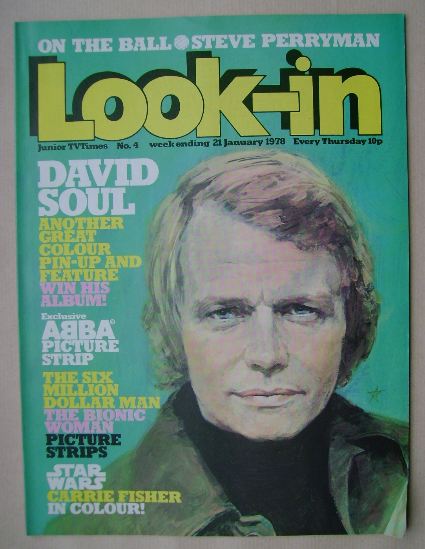
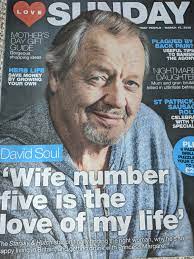
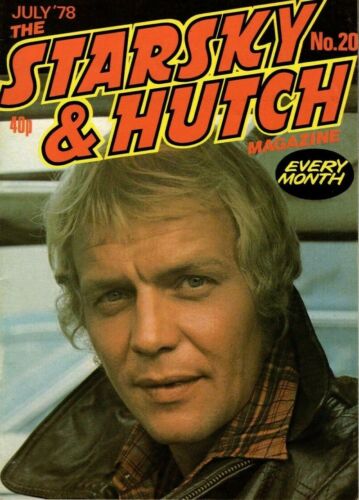

Barry Miller was born in 1958 in Los Angeles. He first came to prominence as John Travolta’s buddy in “Saturday Night Fever”. In 1985 he won a Tony for his performance on Broadway in “Biloxi Blues”.His other film performances include “Love Affair” in 1994 and “Flawless” in 1999.
TCM Overview:
Slight, dark and intense, Barry Miller has proved an actor of extraordinary depth and versatility, frequently portraying nebbishy, intellectual and often surprisingly forceful characters. After making his TV-movie debut in “Brock’s Last Case” (NBC, 1973), he played Mark Vitale, the elder of two teenage sons of Italian-American widower Joe Vitale (Richard Castellano) in the CBS sitcom “Joe and Sons” (1975-76). While he made his film debut as the younger incarnation of the title character in “Lepke”, the 1975 biopic of the gangster Louis ‘Lepke’ Buchalter, Miller really first caught the attention of filmgoers as Bobby C, the depressed teenager who drunkenly falls off the Verrazano-Narrows Bridge in “Saturday Night Fever” (1977). While the role was showy, he was overshadowed by John Travolta, who garnered most notoriety. Instead of being propelled to a film career, Miller returned to series TV as one of the center kids on “Szysznyk” (CBS, 1977-78), a successful summer sitcom that was trounced in the ratings in the fall.
Regrouping, Miller offered fine support as Amy Irving’s juvenile delinquent younger brother in the romance “Voices” (1979) before director Alan Parker tapped him to play the dynamic aspiring Puerto Rican comedian Raoul Garcia a.k.a. Ralph Garcy in “Fame” (1980). The actor took what might have been a thoroughly unlikable character and peeled away the layers to reveal his flaws and vulnerabilities. Miller then switched ethnic identities for his role in the film adaptation of Chaim Potok’s “The Chosen” (1981). Exchanging the freneticism of his “Fame” turn for a more thoughtful effort, he starred as Reuven Malter, a secular Jew who forms a strong, unconventional friendship with an Hassid (Robby Benson) after the two meet as opponents on a baseball field.
While he had acted on the New York stage in “My Mother, My Father and Me” (1980), “Forty-Deuce” (1981) and in the 1982 NYSF summer presentation of “The Tempest” (as Caliban), Miller found his breakthrough as non-conformist army recruit Arnold Epstein in 1985’s “Biloxi Blues”, the second part of Neil Simon’s autobiographical trilogy. As the soldier suspected of being gay, Miller won the “triple crown” of theater awards, the Outer Critics Circle, Drama Desk and Tony Awards. Although he has periodically acted on stage since (i.e., “Crazy He Calls Me” 1992), he has performed mostly for the cameras. He was Kathleen Turner’s nerdy devotee in “Peggy Sue Got Married” (1986) and portrayed Jeraboam, the spiritually hungry monk who urges Jesus to fulfil his role as Messiah, in Martin Scorsese’s “The Last Temptation of Christ” (1988). After returning to series TV as aggressive assistant district attorney Peter ‘Briggs’ Brigman in “Equal Justice” (ABC, 1990-91), Miller played a young studio chief in Paul Mazursky’s “The Pickle” (1993) and supported Warren Beatty and Annette Bening in the ill-fated “Love Affair” (1994). In 1997 and 1998, he made guest appearances on both of producer-creator David E Kelley legal-themed series “The Practice” (ABC), as a lawyer, and “Ally McBeal” (Fox), as a foot fetishist defended by the title character. After a five-year absence, Miller returned to the big screen as the scheming manager of the El Palacio residential hotel in Joel Schumacher’s “Flawless” (1999).
This TCM overview can also be accessed online here.


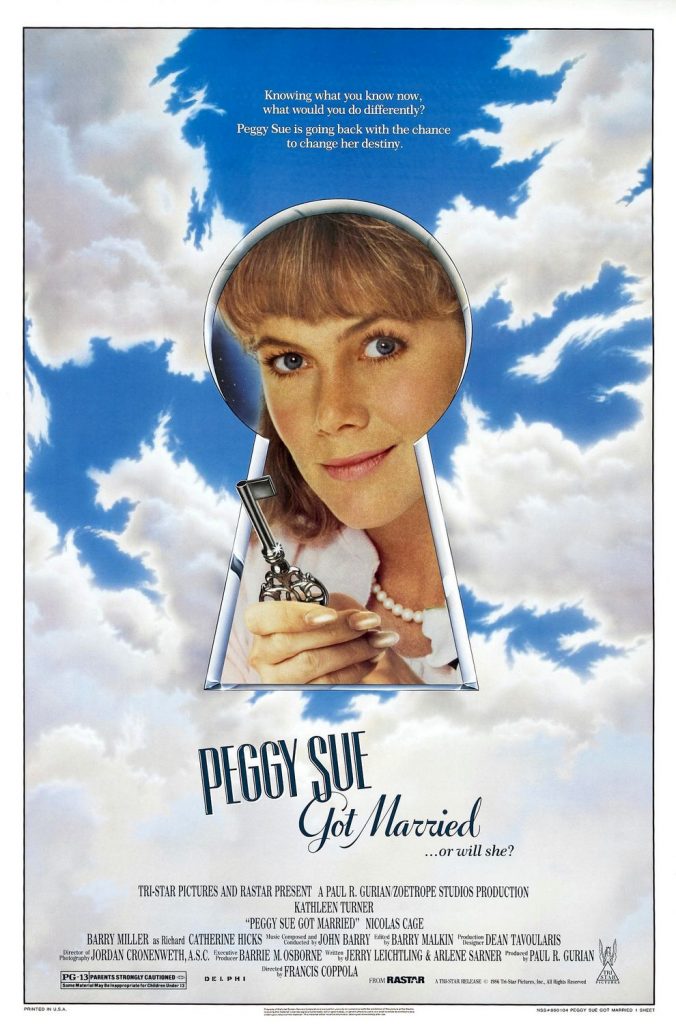



Polly Bergen wasan extremely versatile all round entertainer with success on stage, supper clubs, screen and television. She was born in 1930 in Knoxville, Tennessee. Among her film highlights are “Cape Fear” with Gregory Peck and Robert Mitchum in 1962, “Move Over Darling” with Doris Day and James Garner and “Cry Baby” which was directed by John Waters. She starred with Robert Mitchum again in the hughly successful TV series “The Winds of War” and it’s sequel “War and Rememberance”. She died in 2014.h
Ronald Bergan’s “Guardian” obituary:
Versatility can be a curse, but in the case of Polly Bergen, who has died aged 84, it was a blessing. She was never out of work in films or on stage or television, in drama, comedy, musicals and game shows. By the mid-1960s, her elegance and beauty was so renowned that she marketed Polly Bergen Cosmetics, which she eventually sold to Fabergé, and then established Polly Bergen Jewellery and Polly Bergen Shoes. She was also the author of three fashion and beauty advice books.











As if to prove that being fashion-conscious was not incompatible with feminism, Bergen lobbied ardently for the Equal Rights amendment and for women’s right to choose. She was open about having had an illegal abortion when she was a 17-year-old singer; it left her unable to have children. In 2008, Bergen campaigned for Hillary Clinton to become president. Back in 1964, in Kisses for My President, a rather lumbering sexist comedy, Bergen had been vibrant as the first female US president, though the movie mainly concerned the problems of Fred MacMurray trying to adapt to being First Husband.
Born Nellie Burgin into a poor family in Knoxville, Tennessee, she moved to Los Angeles with her Southern Baptist family when she was in her early teens. At the age of 14, while still at Compton junior college in California, she started a singing career, performing hillbilly songs with her father on the radio, and solo with touring bands.
As Polly Burgin, she made her film debut in a low budget Monogram Western called Across the Rio Grande (1949), in which she portrayed a guitar-playing saloon singer, pleasantly warbling the title song. She was then discovered by the Paramount mogul Hal B Wallis, who signed her up with his studio, and immediately cast her in three of Dean Martin and Jerry Lewis’s early comedies. Playing Martin’s romantic interest, she sang duets with the crooner, getting gorgeous close-ups while singing You and Your Beautiful Eyes in At War With the Army (1950), and Ballin’ the Jack in That’s My Boy (1951). In The Stooge (1952), about a comedy duo, Bergen was Martin’s long-suffering wife.
At MGM, she played the loyal wife of disillusioned cop Barry Sullivan in the chase thriller Cry of the Hunted (1953), but did little more than look pretty in the western Escape from Fort Bravo and the rodeo drama Arena (both 1953).

















Dissatisfied with her film roles, she moved over successfully to television with The Polly Bergen Show (1957-58), in which she appeared with her singing father Bill, ending each episode with a rendition of The Party’s Over.
She won an Emmy for her moving portrayal of the alcoholic torch singer in The Helen Morgan Story (1957), and continued to appear regularly on television for the rest of her career. Bergen’s return to the big screen came in her most celebrated role as lawyer Gregory Peck‘s terrified and terrorised wife in the creepy Cape Fear (1962), stalked by menacing psychopathic ex-con Robert Mitchum. In one daring and improvised scene, Mitchum cracks eggs over her chest and smears them over her breasts.
Despite the notoriety of Cape Fear, Bergen only made four further features in the 60s, before a 20-year gap. In one, Borderlines (aka The Caretakers, 1963), she gives an incredibly overwrought performance as a patient in a hospital for mentally ill people.
In the next few decades, Bergen was hardly ever off the small screen, however, as a guest star in series such as Dr Kildare and The Love Boat, and on game shows including Hollywood Squares and To Tell the Truth. In these years she shared her glamour tips in her books The Polly Bergen Book of Beauty, Fashion and Charm (1962), Polly’s Principles (1974) and I’d Love to, But What’ll I Wear? (1977).
Returning to the stage at the age of 70, she triumphed in the 2001 Broadway revival of Stephen Sondheim’s Follies as Carlotta, singing from the heart “I’m Still Here”, the defiant anthem for all female stars with Bergen’s staying power.
Bergen made one of her rare later movie appearances in John Waters’s Cry-Baby (1990), most amusing as an extremely conservative matriarch, leader of the “squares”, opposed to Johnny Depp’s gang of “juvenile delinquents”, who believes in the four Bs: “beauty, brains, breeding and bounty!”
She topped off her acting career on television, and was nominated for an Emmy, as Stella Wingfield in Desperate Housewives (2007-11).
Three marriages ended in divorce, the first, to the actor Jerome Courtland, after five years. Her second husband was the talent agent Freddie Fields, for whom she converted to Judaism. Her third husband, Jeffrey Endervelt, was an investor who almost ruined her when the stock market collapsed in 1987.
Bergen is survived by a daughter and son, adopted with Fields, and a stepdaughter.
• Polly Bergen (Nelly Paulina Burgin), actor and singer, born 14 July 1930; died 20 September 2014
The abopve “Guardian” obituary can also be accessed online here.
Gary Brumburgh’s entry:
n a six-decade-plus career (she started out as a radio performer at age 14), there are very few facets of entertainment that lovely singer/actress Polly Bergen has not conquered or, at the very least, touched upon. A nightclub and Columbia recording artist of the 50s and 60s, she is just as well known for her film and Emmy-winning dramatic performances as she is for her wry comedic gifts. In the leaner times, she has maintained quite well with her various businesses. Truly one for the ages, Polly has, at age 70+, nabbed a Tony nomination for her gutsy “I’m Still Here” entertainer Carlotta inStephen Sondheim‘s “Follies”, and is still dishing out the barbs as she recently demonstrated as Felicity Huffman‘s earthy mom on Desperate Housewives (2004).
Born in Knoxville, Tennessee as Nellie Burgin on July 14, 1930, her family, which included father William, mother Lucy and sister Barbra, eventually moved to Los Angeles. By the time she was 14, Polly was singing professionally on radio and managed to scrape up singing gigs with smaller bands around and about the Southern California area. She attended Compton Junior College before Paramount mogul Hal B. Wallis caught sight of her and signed her up with his studio. Having made an isolated film debut (as Polly Burgin) a year earlier in the Monogram western Across the Rio Grande (1949), Wallis showcased her as a decorative love interest in the slapstick vehicles of Dean Martin andJerry Lewis, the (then) hottest comedy team in Hollywood. But At War with the Army(1950), That’s My Boy (1951) and The Stooge (1952) did little for Polly although she presented herself well. MGM and Universal had the idea to cast her in a more serious vein with co-starring roles in their dramas Escape from Fort Bravo (1953), Arena (1953) and Cry of the Hunted (1953), but again she was overlooked. Disasppointed, she decided to abandon her lucrative film contract and seek work elsewhere.
That “elsewhere” came in the form of 1950s TV. Focusing on her singing, she promoted her many albums for Columbia by guest-starring on all the top variety shows of the times. This culminated in her own variety program, The Polly Bergen Show (1957). The song “The Party’s Over” became her traditional show-closer and signature tune. Polly also showed some marquee mettle on the cabaret and nightclub circuits, performing at many of the top hotels and showrooms throughout the country. She made her Broadway debut along with Harry Belafonte in “John Murray Anderson’s Almanac” in 1953, and went on to appear in such stage shows as “Top Man” and “Champagne Complex”. A delightfully engaging game show panelist to boot, she took a regular seat on the To Tell the Truth(1956) panel for five seasons.
Polly tended to display a looser, down-to-earth personality to induce laughs but she was also was formidable dramatic player and fashionplate quite capable of radiating great charm, poise and elegance. For her role as alcoholic torch singer Helen Morgan in the special TV showcase “The Helen Morgan Story”, she took home the Emmy award. Unfortunately for Polly, Ann Blyth took on the role of the tragic singer in the film version (with Gogi Grant providing the vocals), in what could have been a significant return to films for her.
Instead, Polly had to wait another five years for that to happen. As the wife of Gregory Peck and designated victim of revengeful psychopath Robert Mitchum in the taut movie thriller Cape Fear (1962), her film career reignited. Other opportunities came in the form of her distraught mental patient in The Caretakers (1963), which found her at odds with nurse Joan Crawford and doctor Robert Stack; the sparkling comedy Move Over, Darling(1963), which placed her in a comedy triangle with “other wife” Doris Day and husbandJames Garner; and as the first woman Chief Executive of the White House in the frothy comedy tidbit Kisses for My President (1964) opposite bemused “First Gentleman” Fred MacMurray. In what was to be a tinge of deja vu, Polly again saw her movie career dissipate after only a couple of vehicles. True to form, the indomitable Polly rebounded on TV.
A mild string of TV-movies came her way as she matured into the 1970s and 1980s, most notably the acclaimed miniseries The Winds of War (1983), which reunited her withRobert Mitchum, this time as his unhappy, alcoholic wife. This, along with her participation in the sequel, War and Remembrance (1988), earned Polly supporting Emmy nominations. In the years to come, she would find herself still in demand displaying her trademark comic grit in such shows as The Sopranos (1999), Commander in Chief (2005) and Desperate Housewives (2004).
Polly returned to singing in 1999 after nearly a three-decade absence (due to health and vocal issues). Quite huskier in tone, she went on to delight the New York musical stage with stand-out performances in “Follies” (2001), “Cabaret” (2002) and “Camille Claudel” (2007). Polly still makes nitery appearances and has even put together singing concert tours on occasion.
Polly has authored three best-selling beauty books outside the acting arena and has demonstrated a marked level of acumen in the business world. Founding a mail-order cosmetics business in 1965, she sold it to Faberge eight years later. She also developed her own shoe and jewelry lines.
Married very briefly (1954-1955) to MGM actor Jerome Courtland during her first movie career peak, she later wed topflight agent/producer Freddie Fields in 1957, a union that lasted 18 years and produced two adopted children, Pamela and Peter. A third marriage in the 1980s also ended in divorce. An assertive voice when it comes to women’s rights and issues, her memoir “Polly’s Principles” came out in 1974.
– IMDb Mini Biography By: Gary Brumburgh / gr-home@pacbell.net
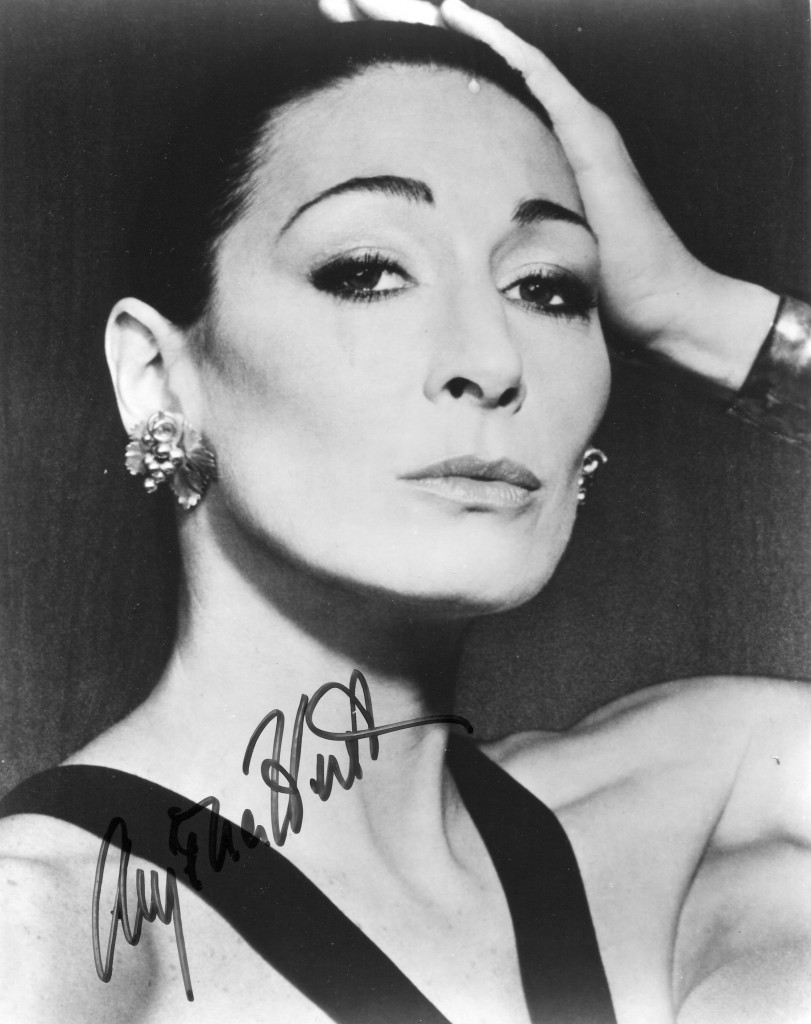



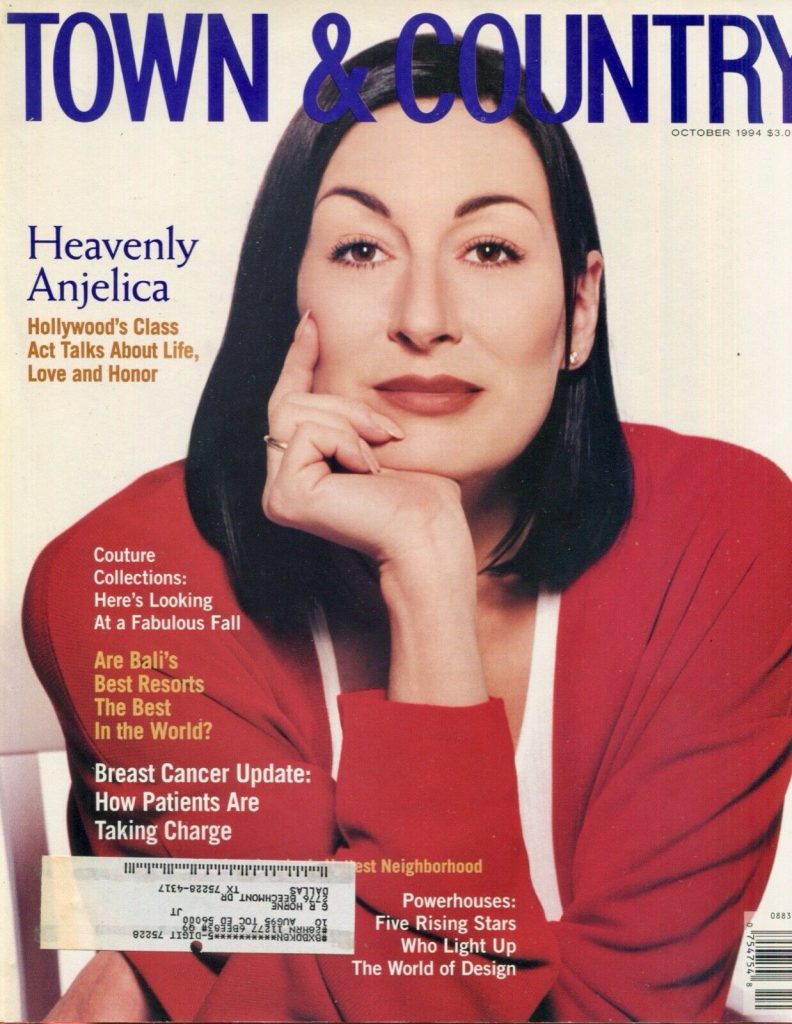
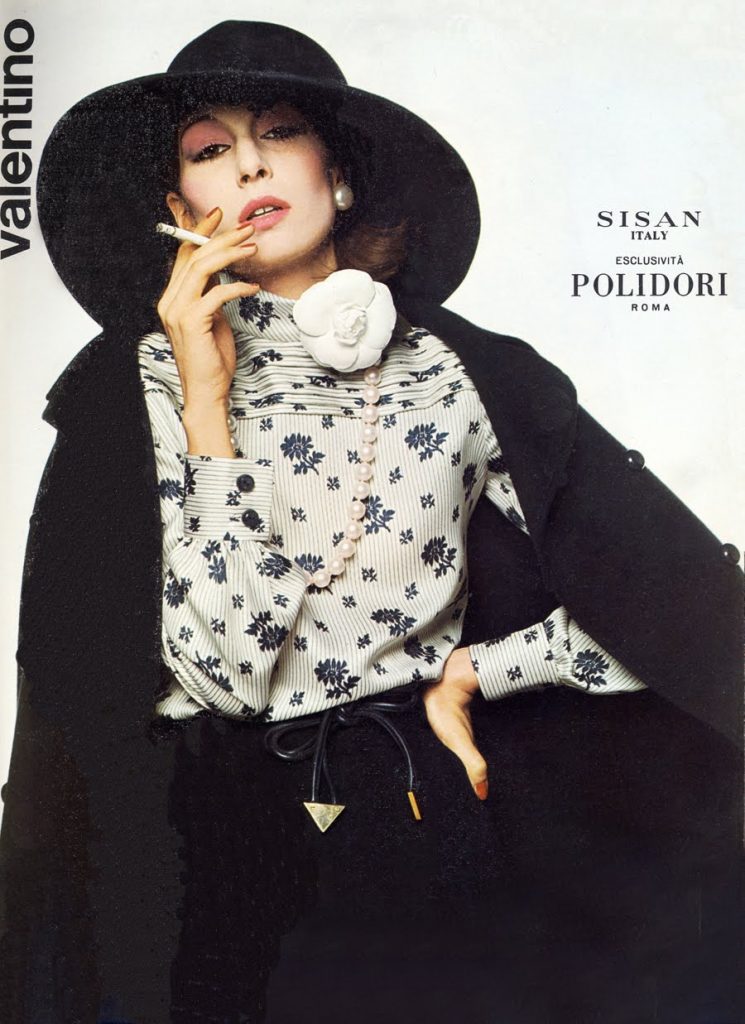
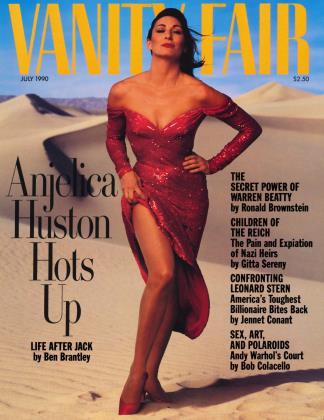


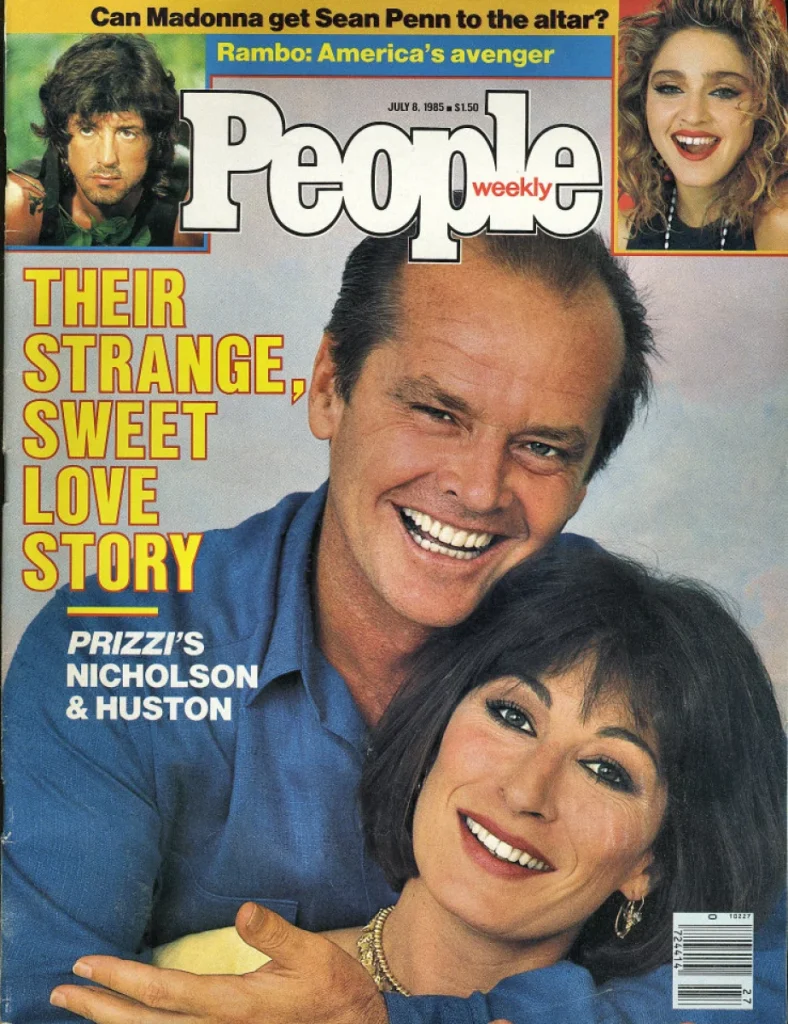
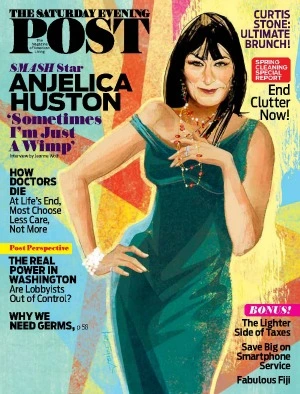
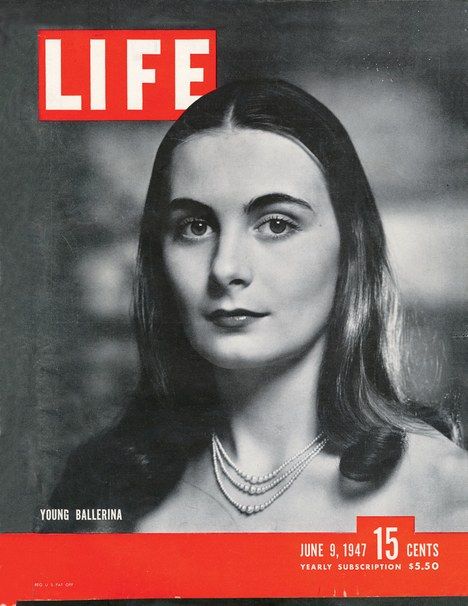
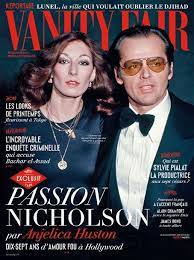


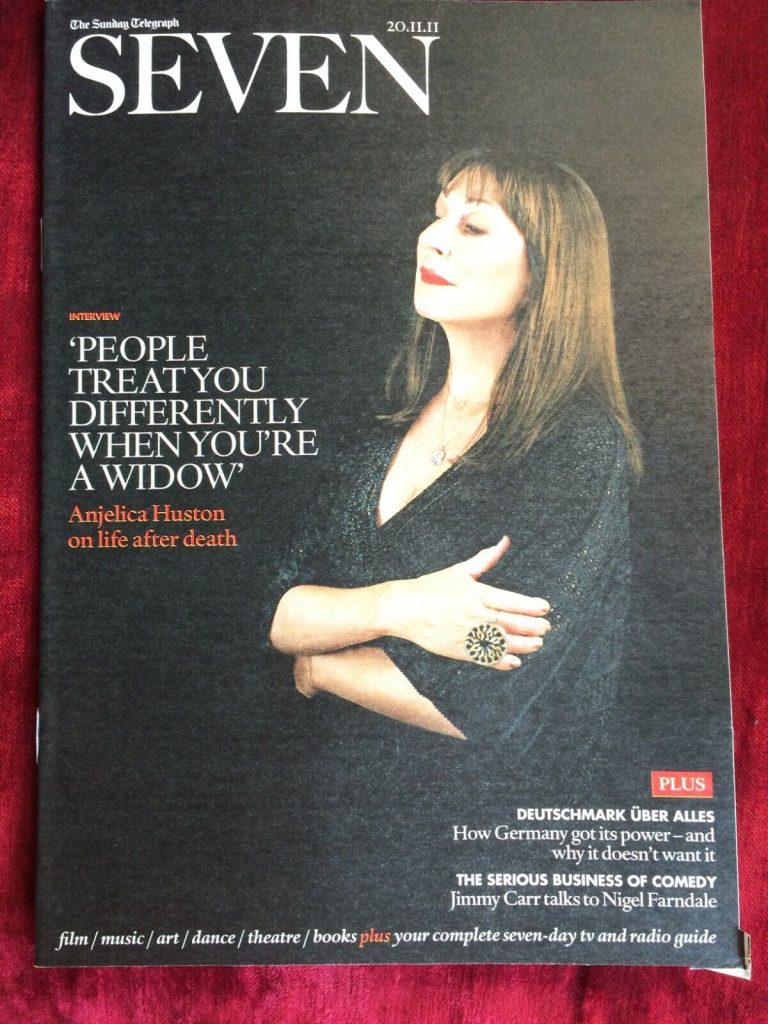




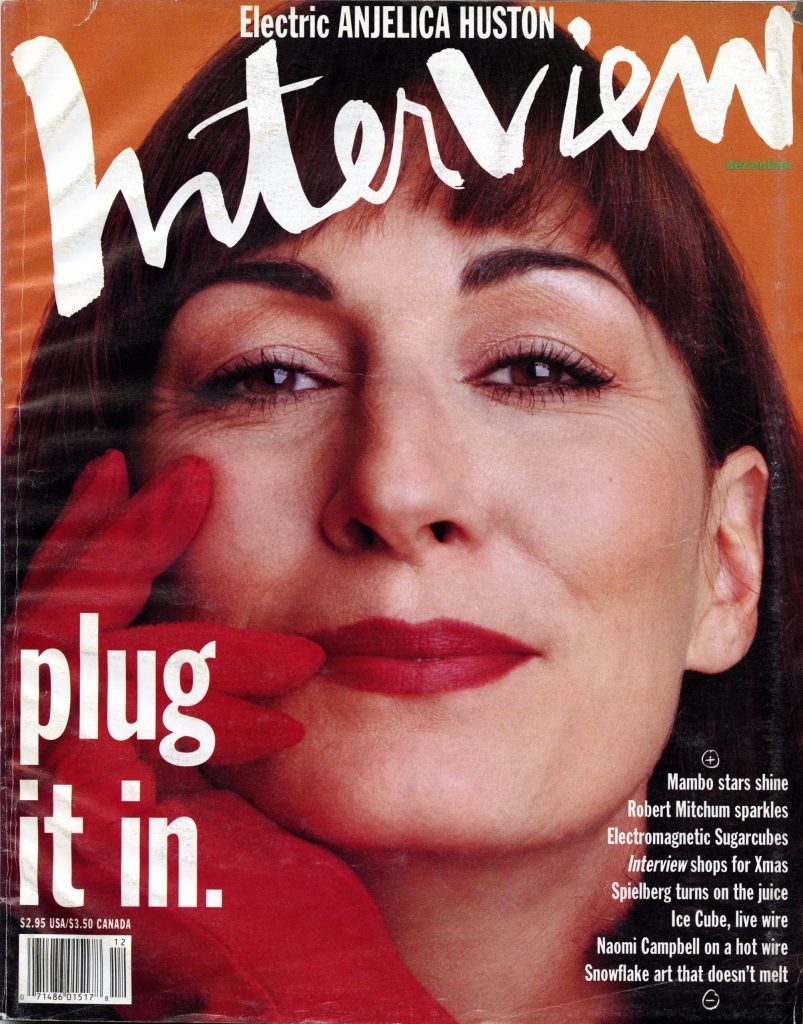
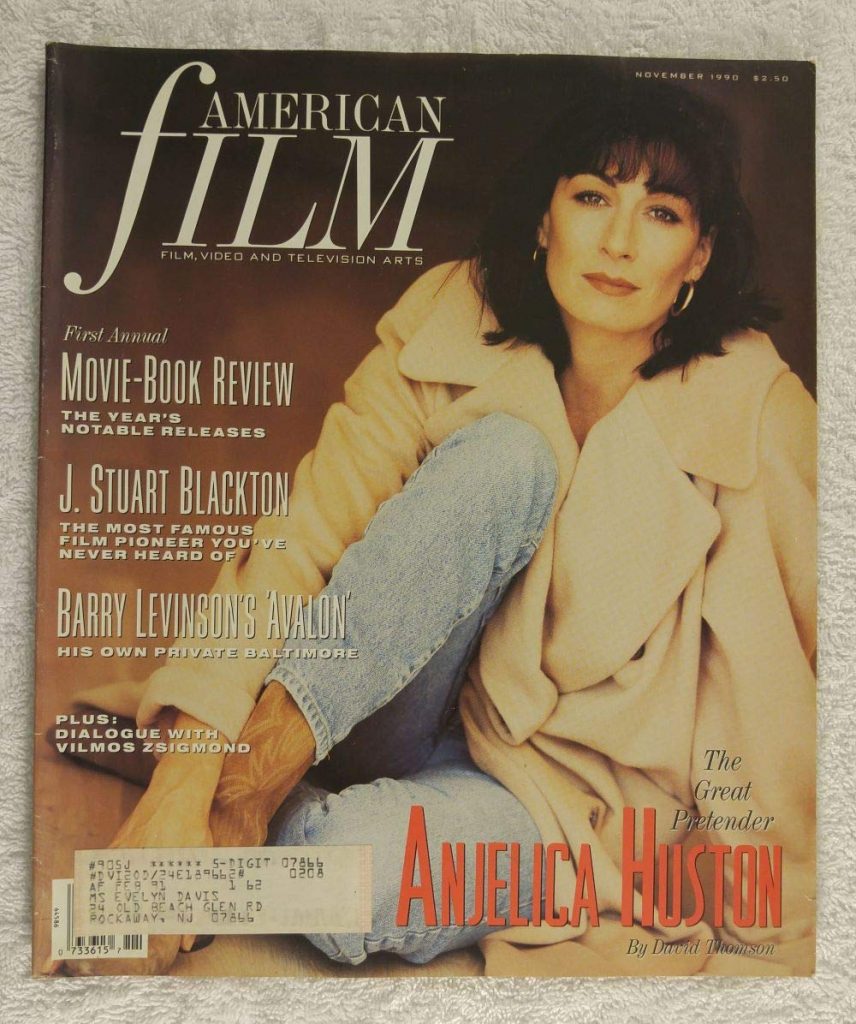
TCM Overview:
As the daughter of legendary director John Huston and granddaughter of Oscar-winning actor Walter Huston, it was no surprise that actress Anjelica Huston found success and acclaim in Hollywood. Representing the third generation of Hustons to win an Academy Award, the actress emerged from the long shadow cast by her father with an Oscar-winning turn in “Prizzi’s Honor” (1985). Prior to her triumph, Huston struggled to make her way as a model and actress, while her biggest claim to fame up to that point was being in a longtime romantic relationship with Jack Nicholson. After “Prizzi’s Honor,” however, Huston came into her own and embarked on a long, vibrant career full of sterling performances. Just a few years later, she found herself back in Oscar contention with “Enemies: A Love Story” (1989) and the excellent crime noir, “The Grifters” (1990). Having also turned in a dynamic performance as a spurned mistress in Woody Allen’s “Crimes and Misdemeanors” (1989), Huston had established herself as one of Hollywood’s top actresses. While she occasionally stepped into lighter roles like Morticia Addams in “The Addams Family” (1991) and “Addams Family Values” (1993), she earned critical appreciation for her performances in “Agnes Browne” (1999) and “Iron Jawed Angels” (HBO, 2004), which no doubt would have made her father proud.
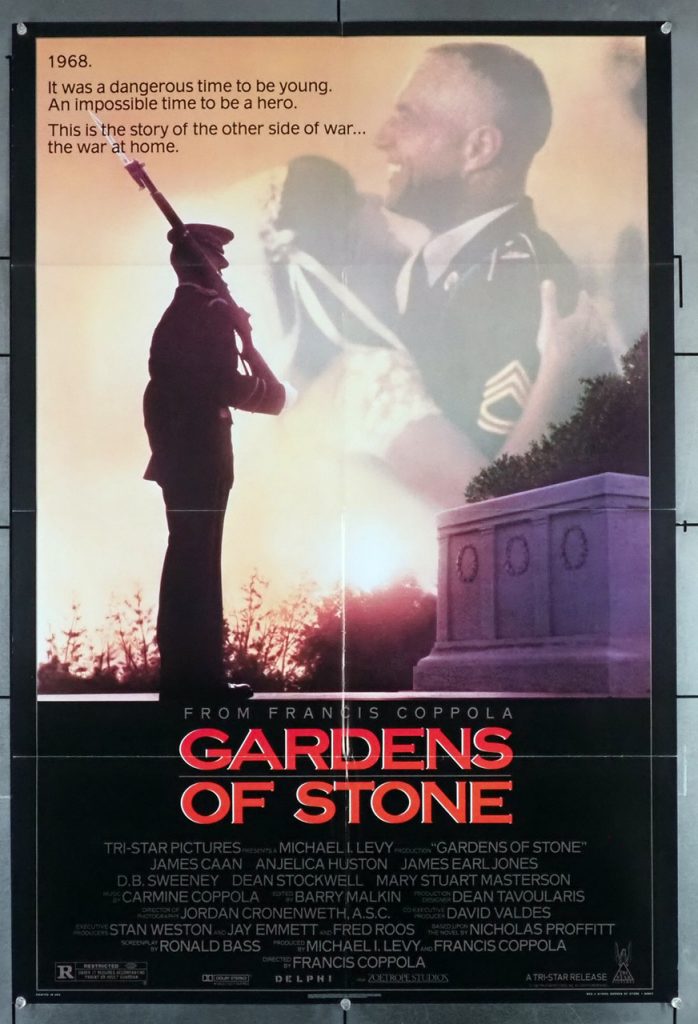
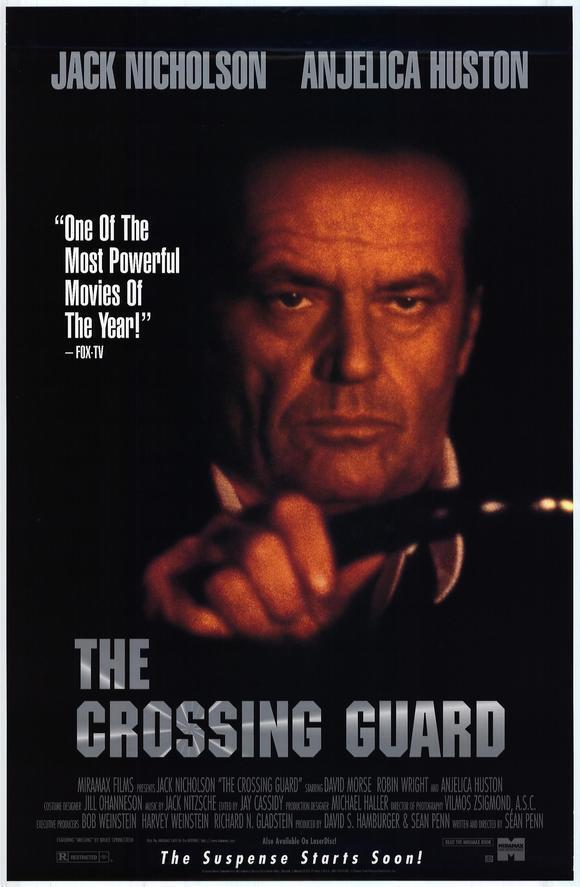

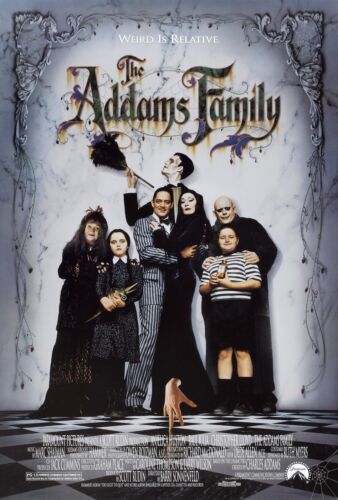
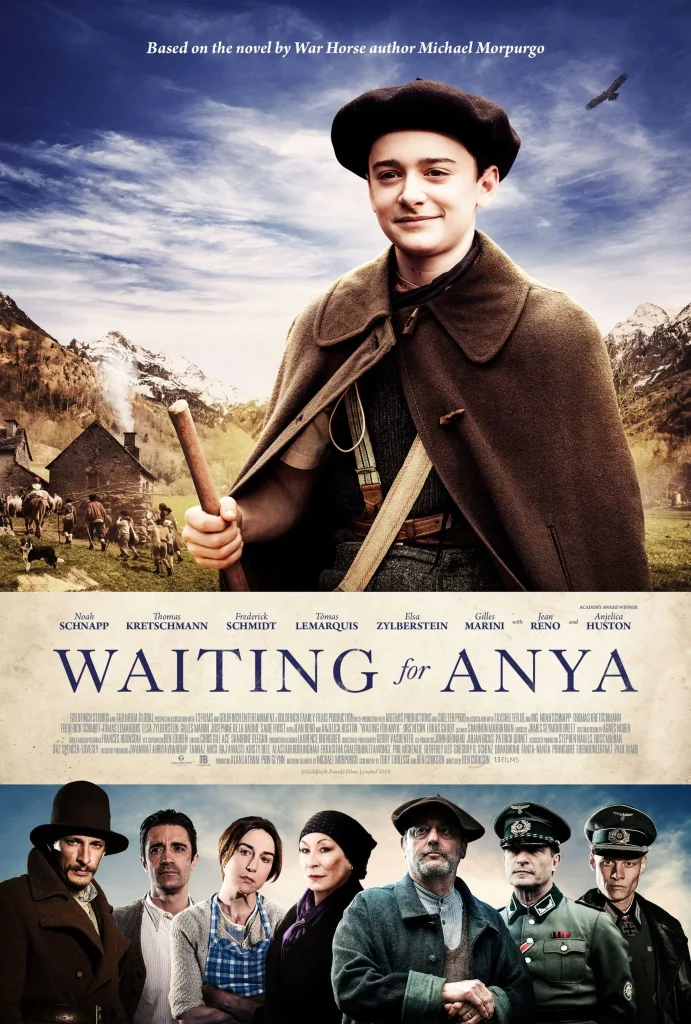
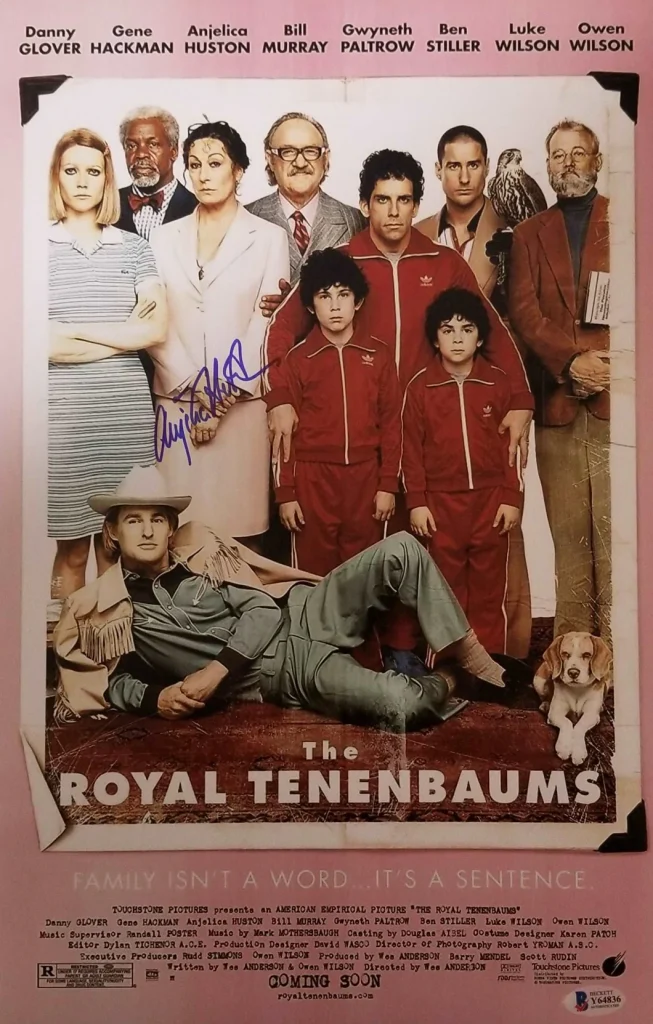
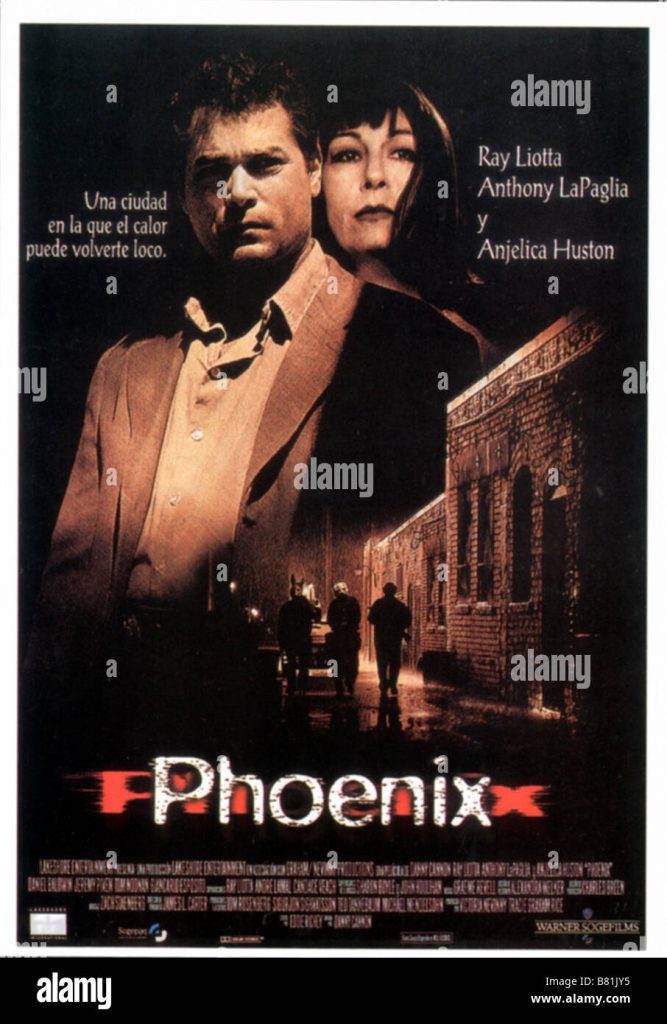
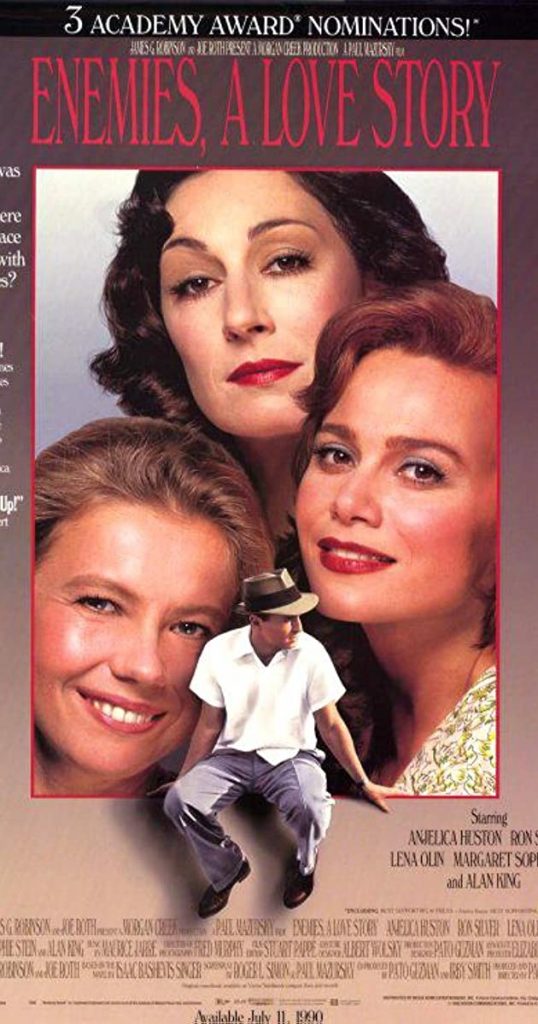

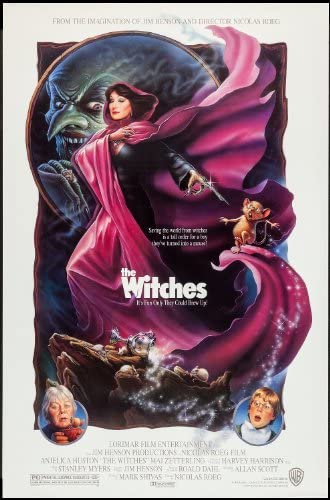
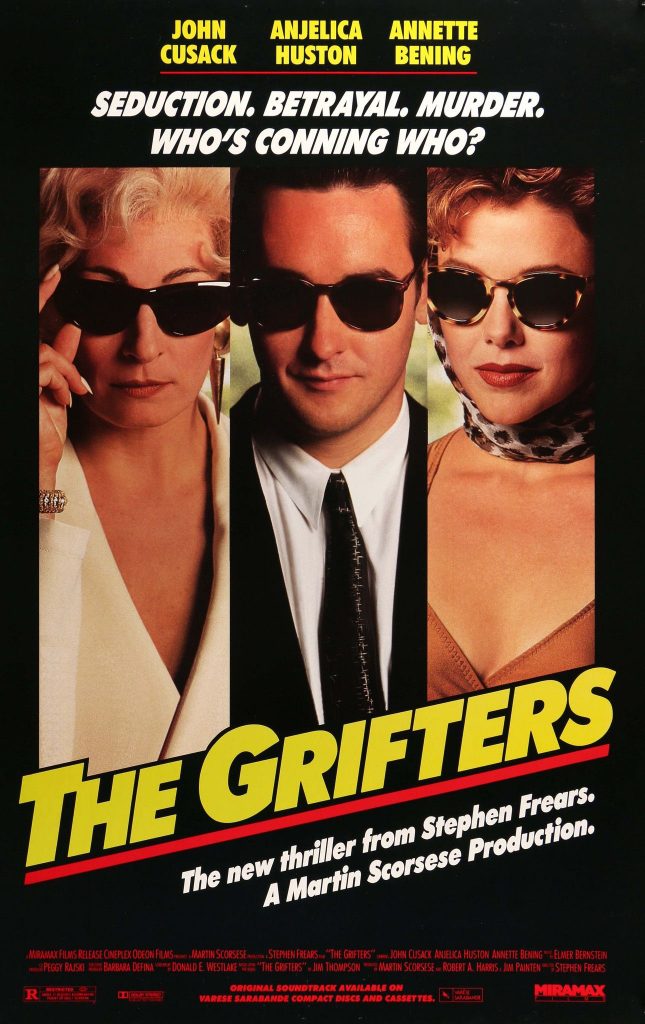

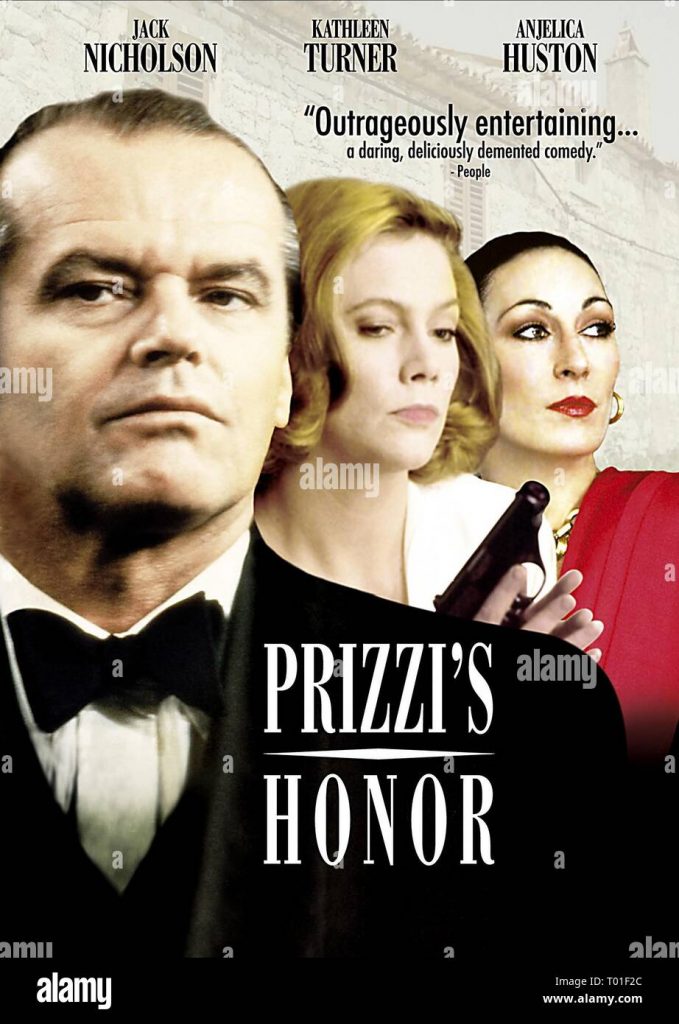
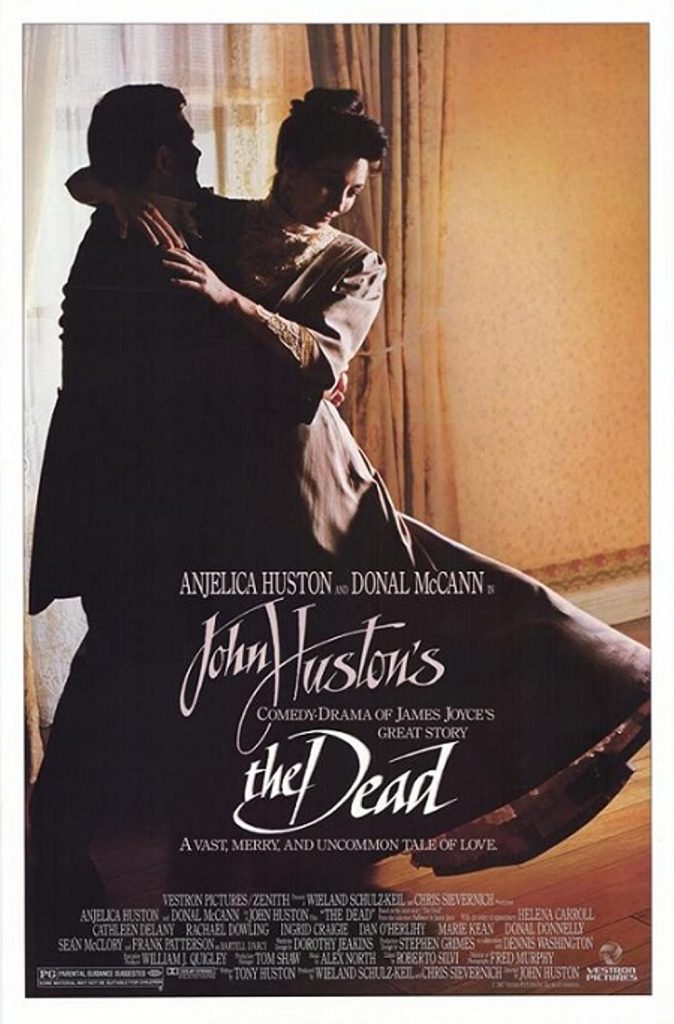
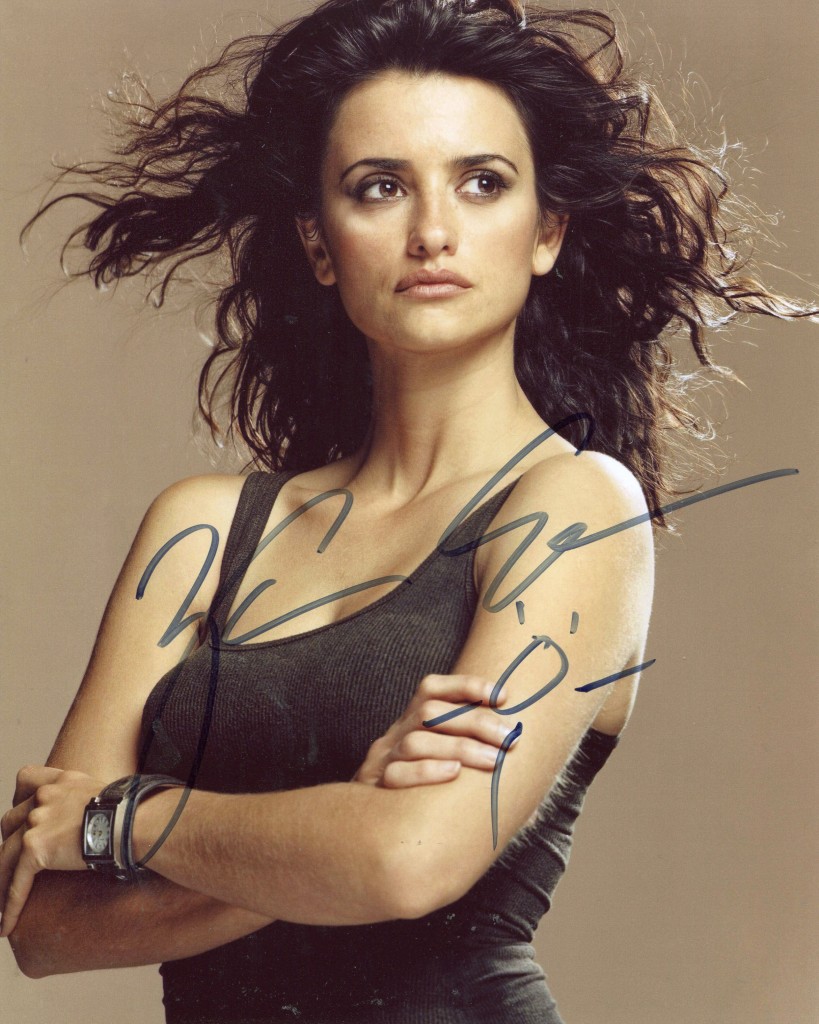
The beautiful Penelope Cruz was born in Madrid in 1974. She made her film debut in 1992 in “Jambon, jambon”. Some of the early films include “Open Your Eyes” in 1997 and “The Hi-lo Country” in 1999. She has made many films with her fellow countryman Pedro Almodovar. Her international films include “Vanilla Sky” with Tom Cruise, “Captain Corelli’s Mandolin” with Nicholas Cage and “Nine” with Daniel Day-Lewis.
IMDB entry:
Known outside her native country as the “Spanish enchantress”, Penélope Cruz Sánchez was born in Madrid to Eduardo (a retailer) and Encarna (a hairdresser). As a toddler, she was already a compulsive performer, re-enacting TV commercials for her family’s amusement, but she decided to focus her energies on dance. After studying classical ballet for nine years at Spain’s National Conservatory, she continued her training under a series of prominent dancers. At 15, however, she heeded her true calling when she bested more than 300 other girls at a talent agency audition. The resulting contract landed her several roles in Spanish TV shows and music videos, which in turn paved the way for a career on the big screen. Cruz made her movie debut in The Greek Labyrinth(1993) (The Greek Labyrinth), then appeared briefly in the Timothy Dalton thriller Framed(1992). Her third film was the Oscar-winning Belle Epoque (1992), in which she played one of four sisters vying for the love of a handsome army deserter. The film also garnered several Goyas, the Spanish equivalent of the Academy Awards. Her resume continued to grow by three or four films each year, and soon Cruz was a leading lady of Spanish cinema. Live Flesh (1997) (Live Flesh) offered her the chance to work with renowned Spanish director Pedro Almodóvar (who would later be her ticket to international fame), and the same year she was the lead actress in the thriller/drama/mystery/sci-fi film Open Your Eyes (1997), a huge hit in Spain that earned eight Goyas (though none for Cruz). Her luck finally changed in 1998, when the movie-industry comedy The Girl of Your Dreams (1998) won her a Best Actress Goya. Cruz made a few more forays into English-language film, but her first big international hit was Almodóvar’s All About My Mother (1999), in which she played an unchaste but well-meaning nun. As the film was showered with awards and accolades, Cruz suddenly found herself in demand on both sides of the Atlantic. Her next big project was Woman on Top(2000), an American comedy about a chef with bewitching culinary skills and a severe case of motion sickness. While in the US, she also signed up to star opposite Johnny Depp in the drug-trafficking drama Blow (2001) and opposite Matt Damon in Billy Bob Thornton‘s All the Pretty Horses (2000). Cruz says she’s wary of being typecast as a beautiful young damsel, but it’s hard to imagine disguising her wide-eyed charms and generous nature. Fortunately, with Cameron Crowe‘s Vanilla Sky (2001) (a remake ofOpen Your Eyes (1997)) and a John Madden collaboration looming in her future, Damsel Penelope isn’t likely to disappear just yet.
– IMDb Mini Biography By: IMDb Editors
The above IMDB entry can also be accessed online here.
Anyone who knows me are aware that I am a bit of a movie buff. Over the past few years I have been collecting signed photographs of my favourite actors. Since I like movies so much there are many actors whose work I like.